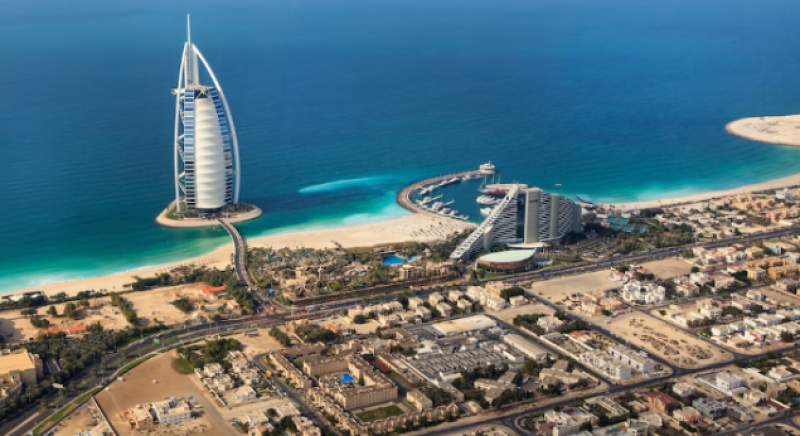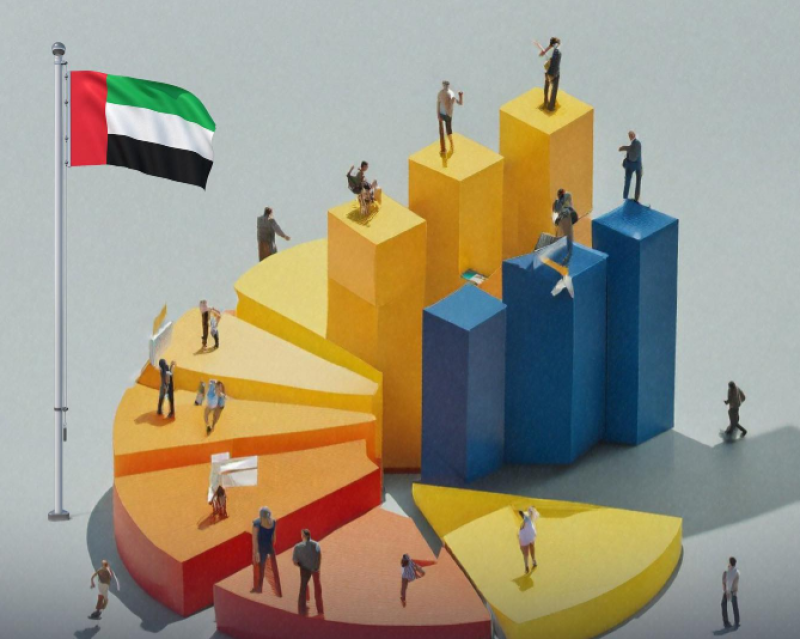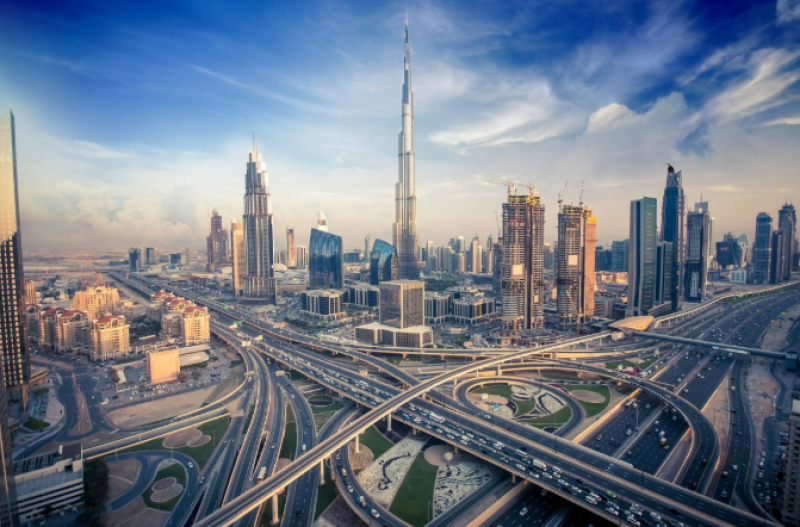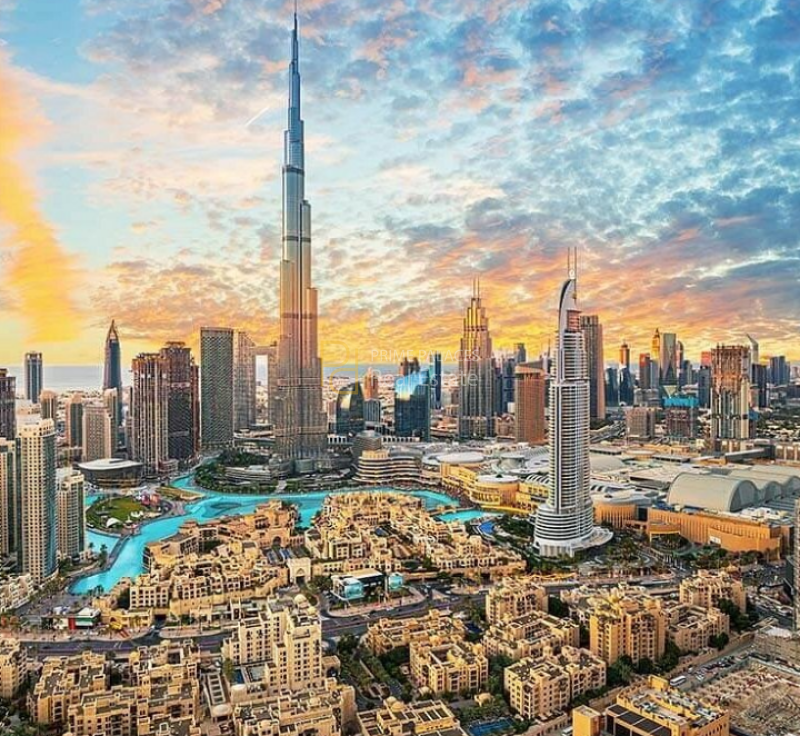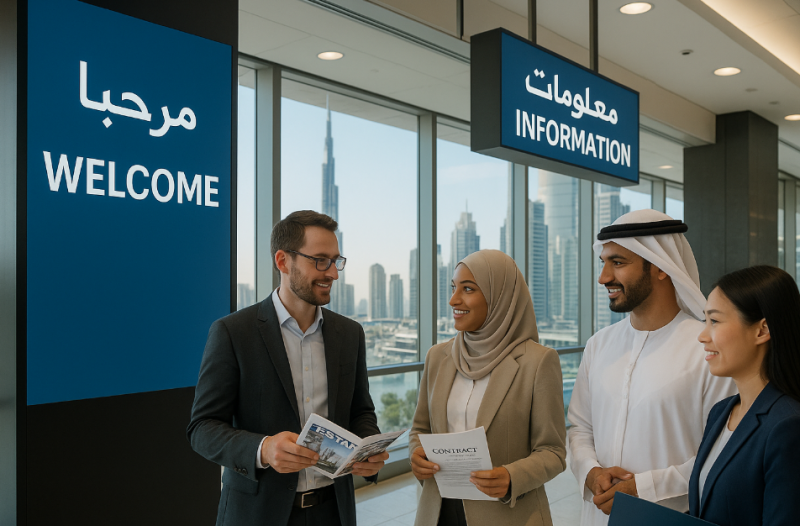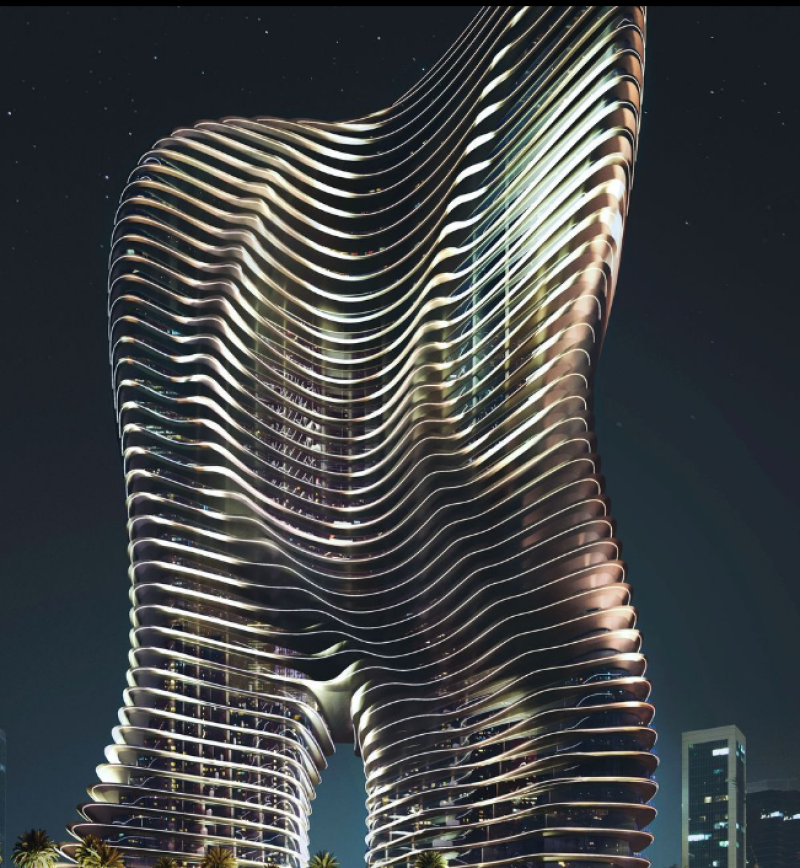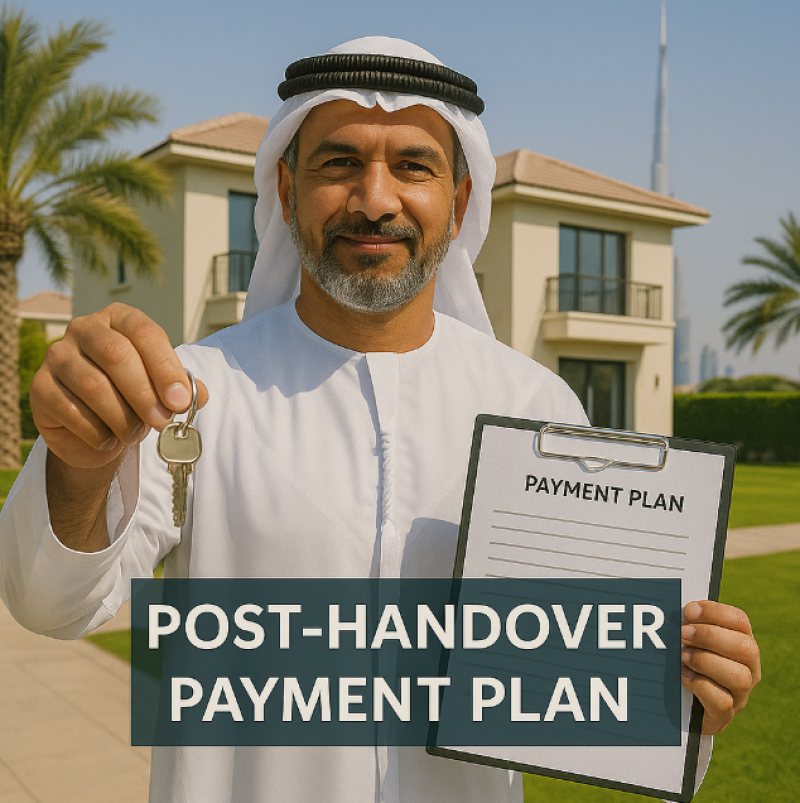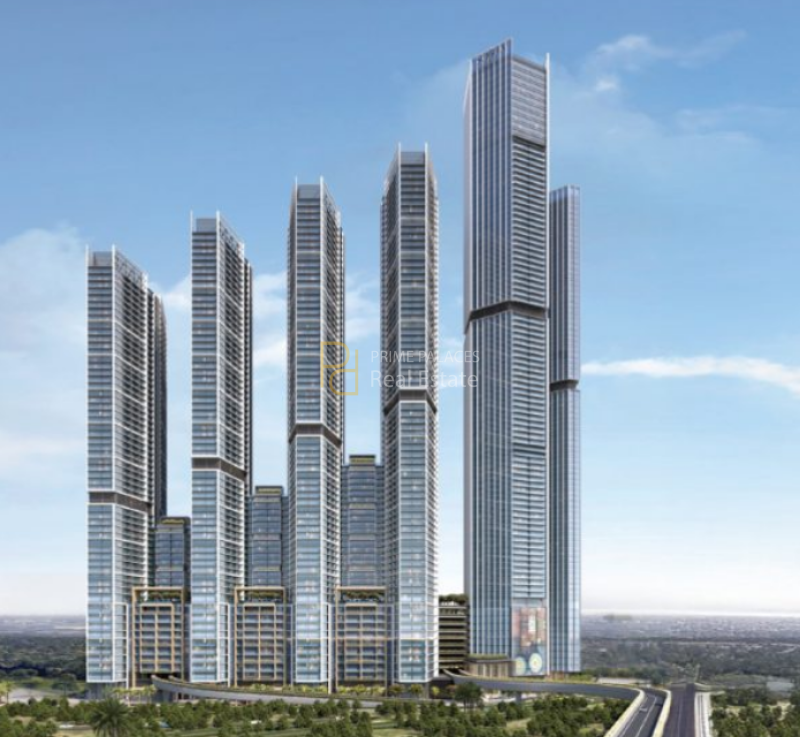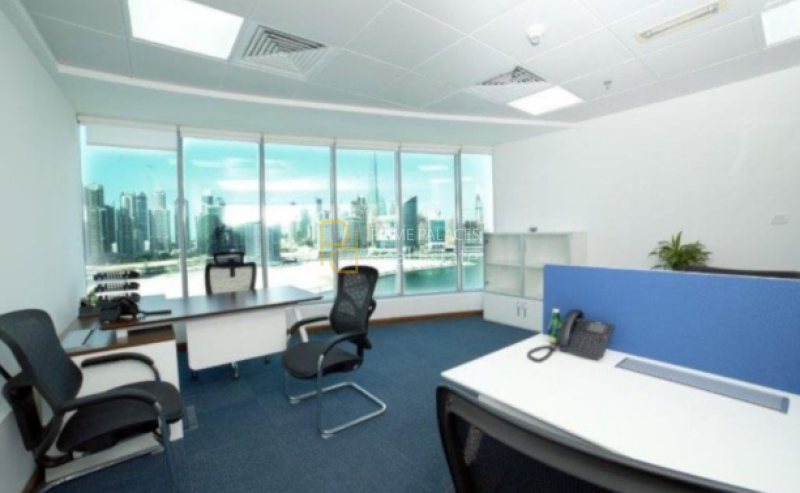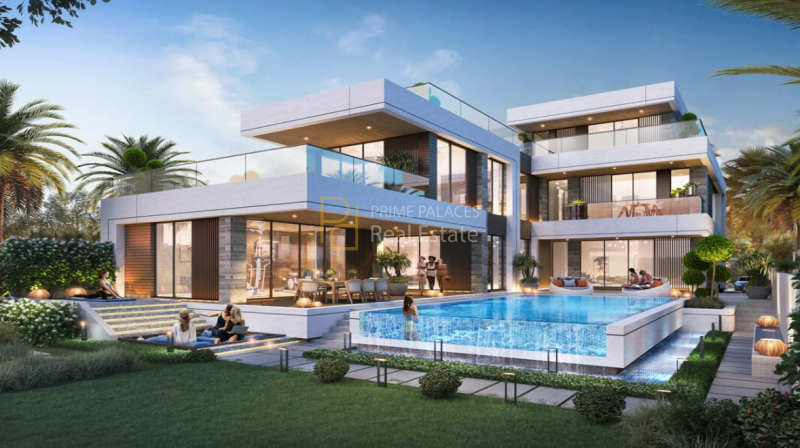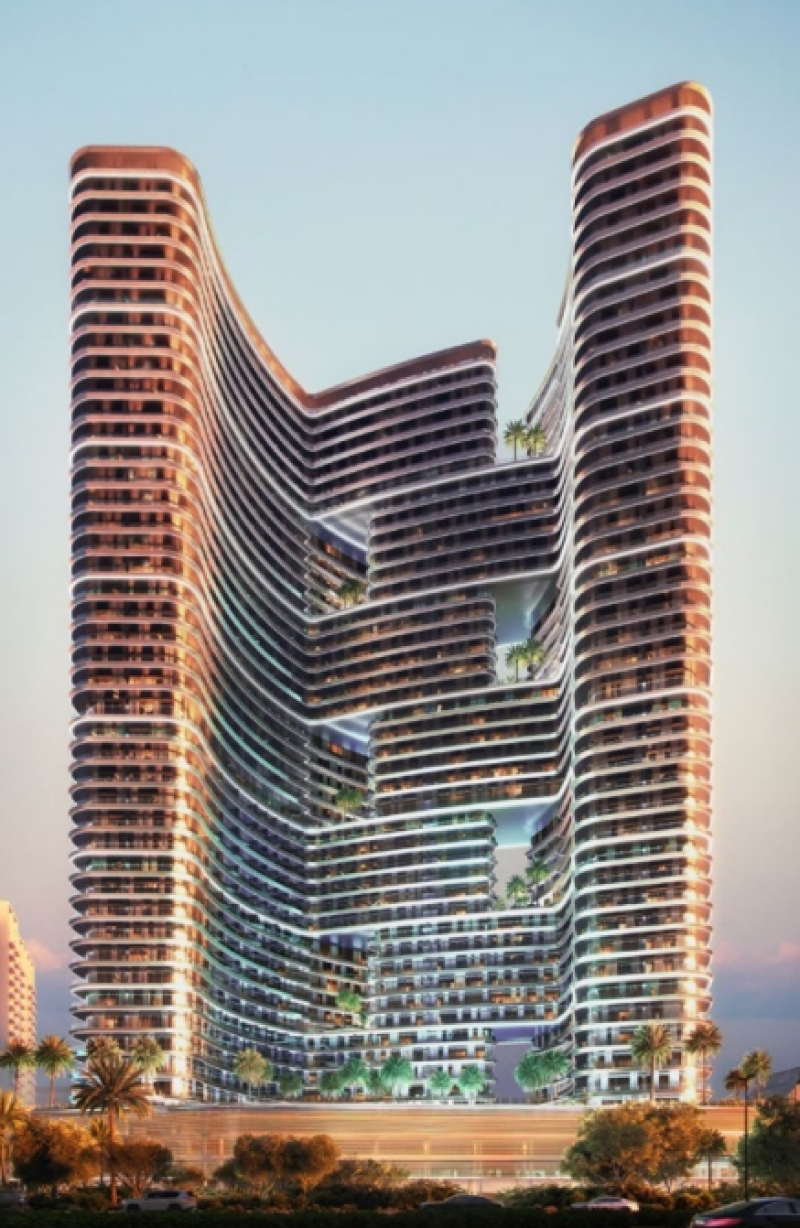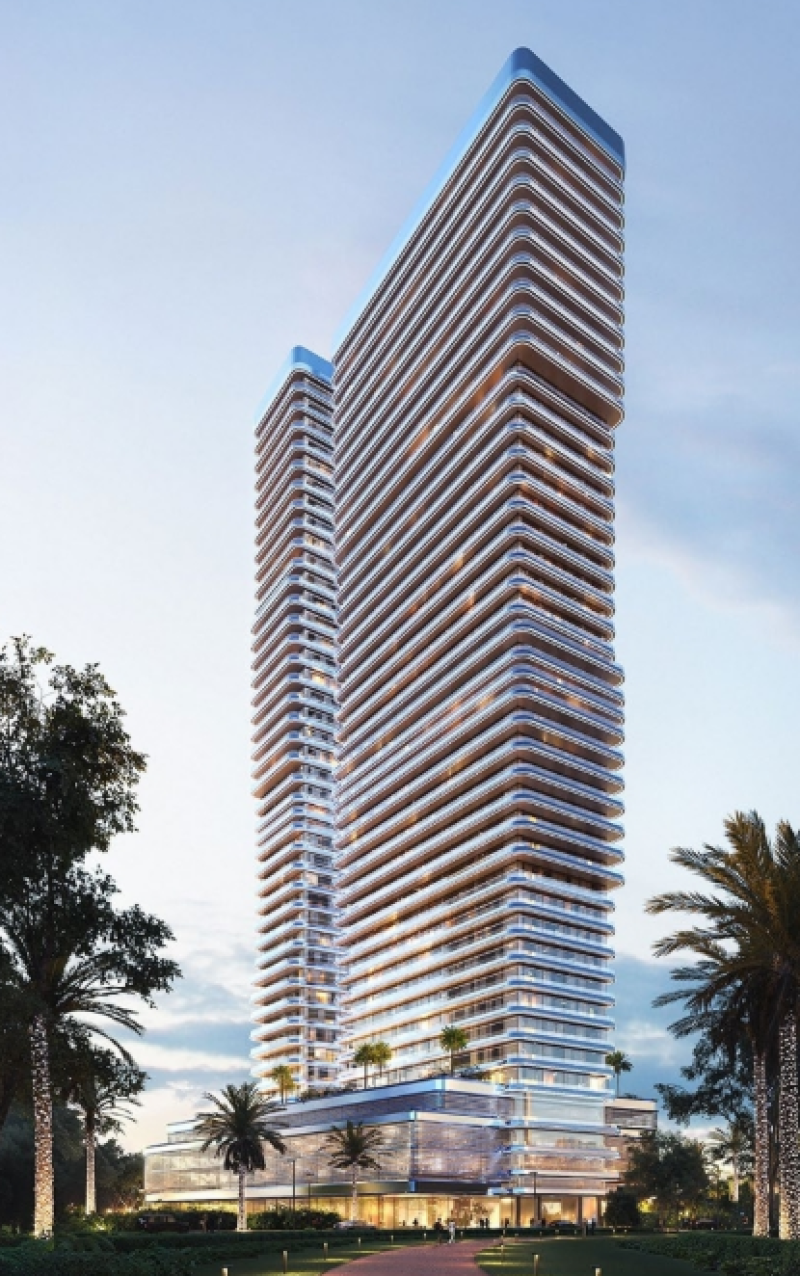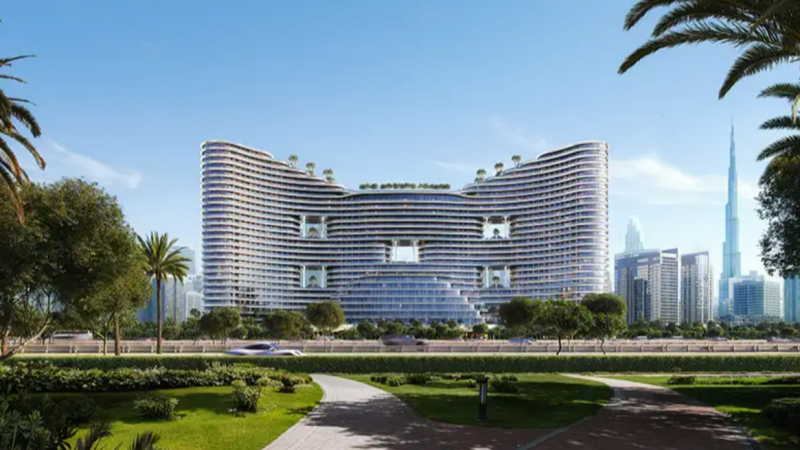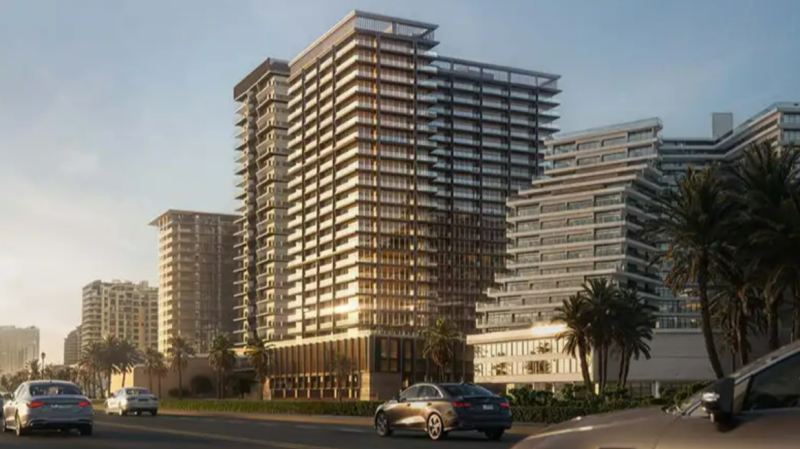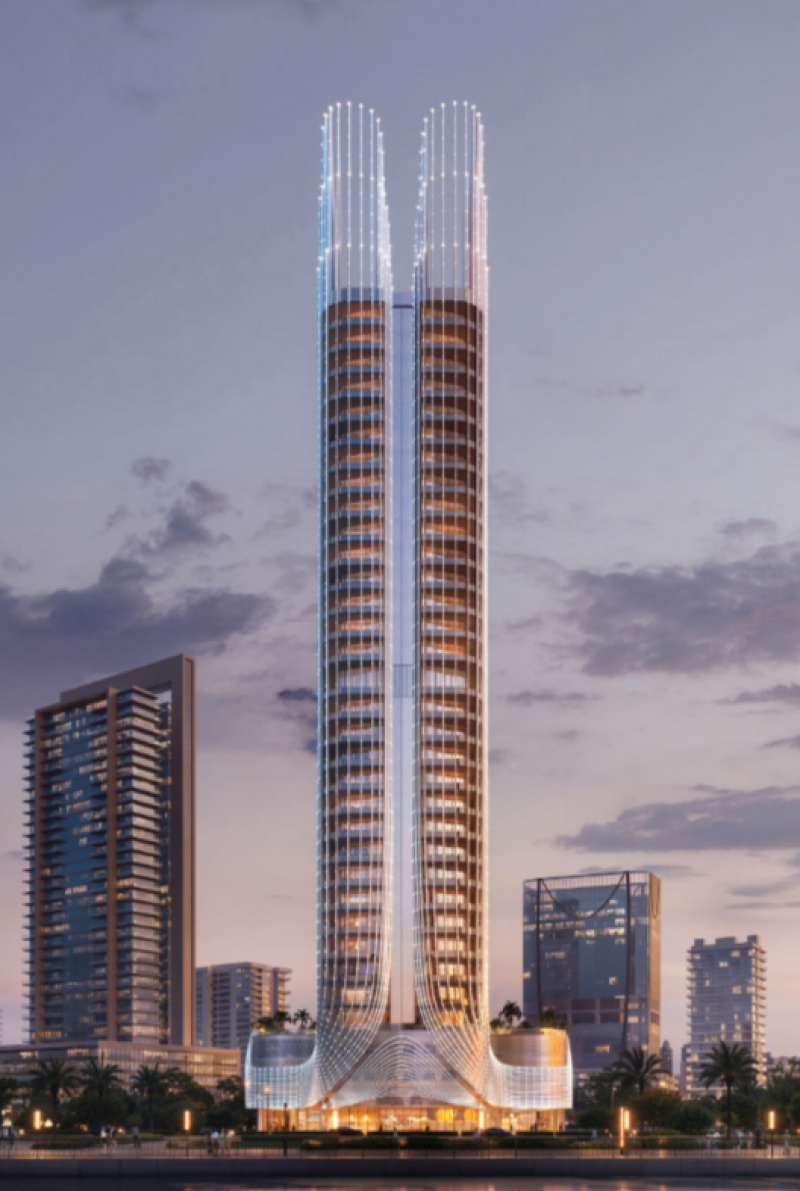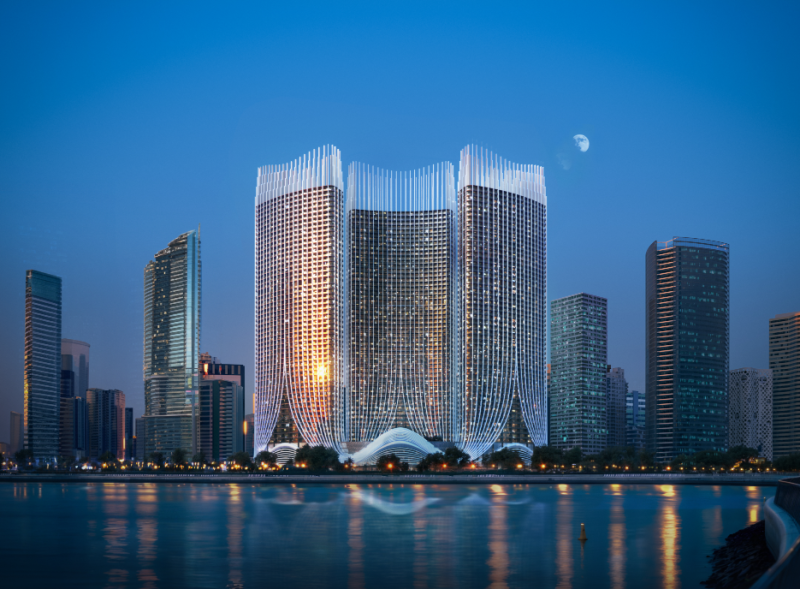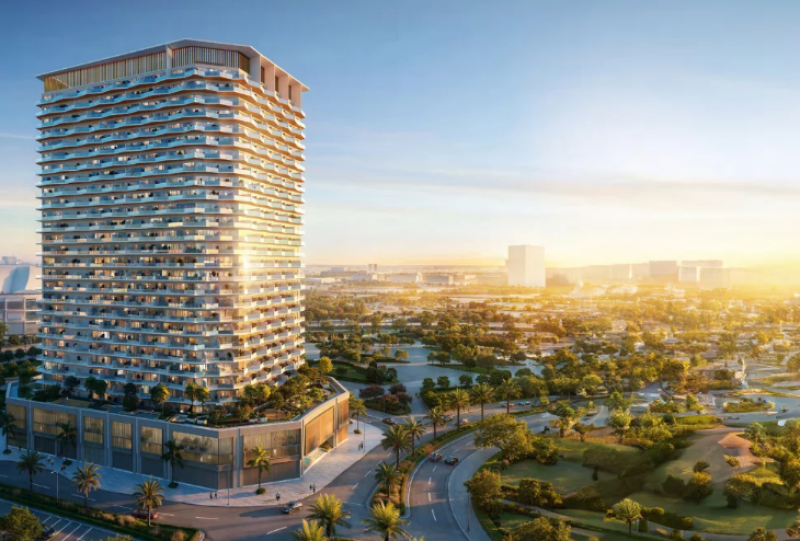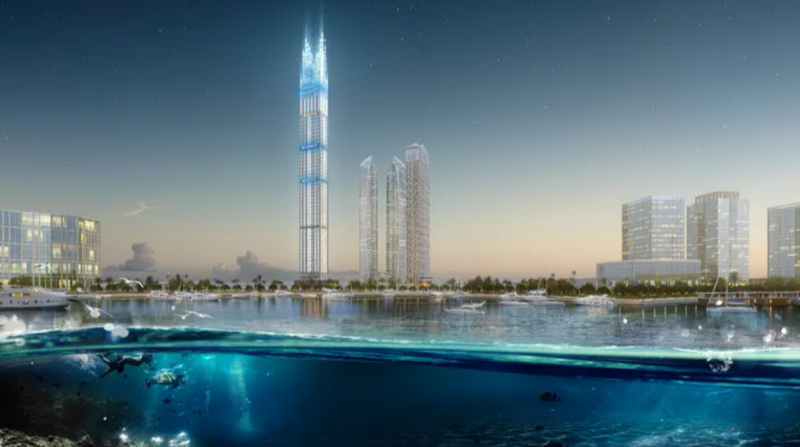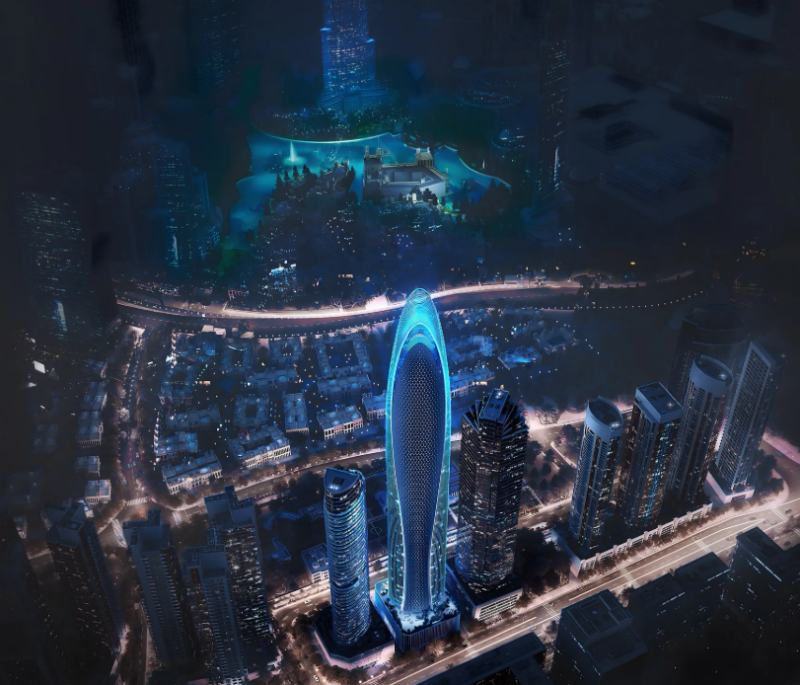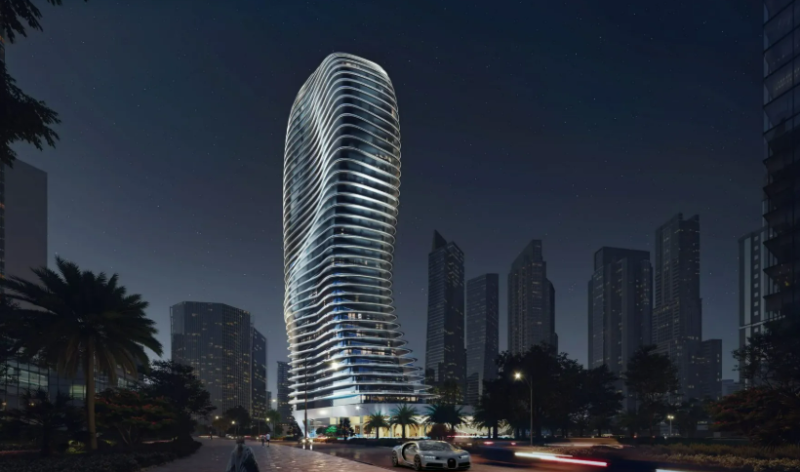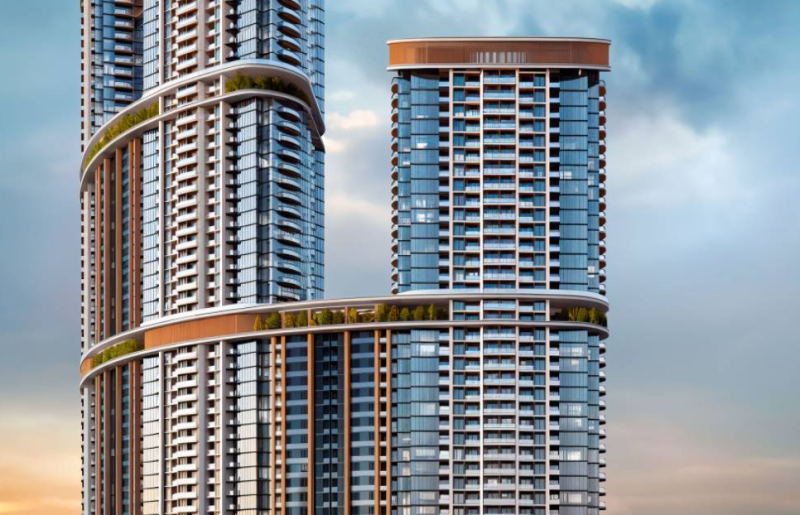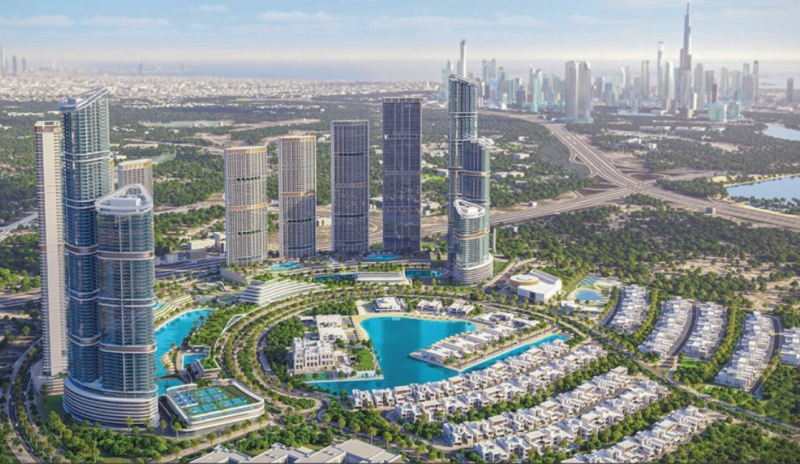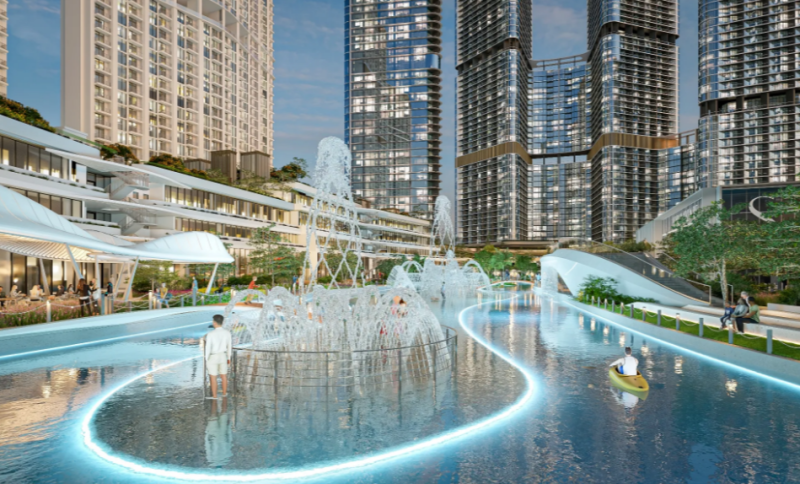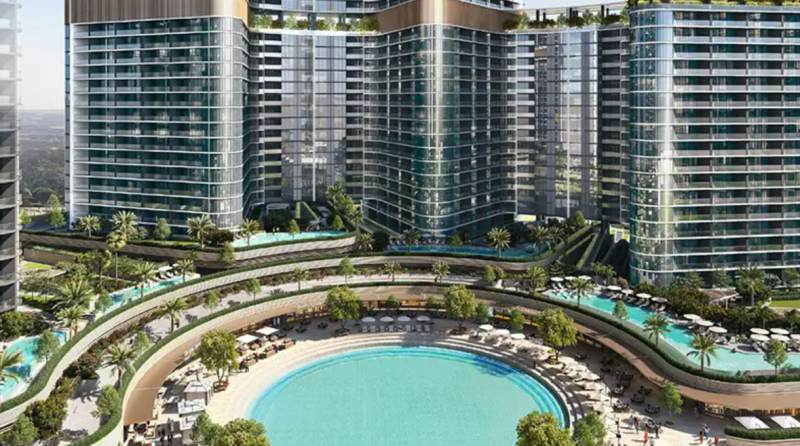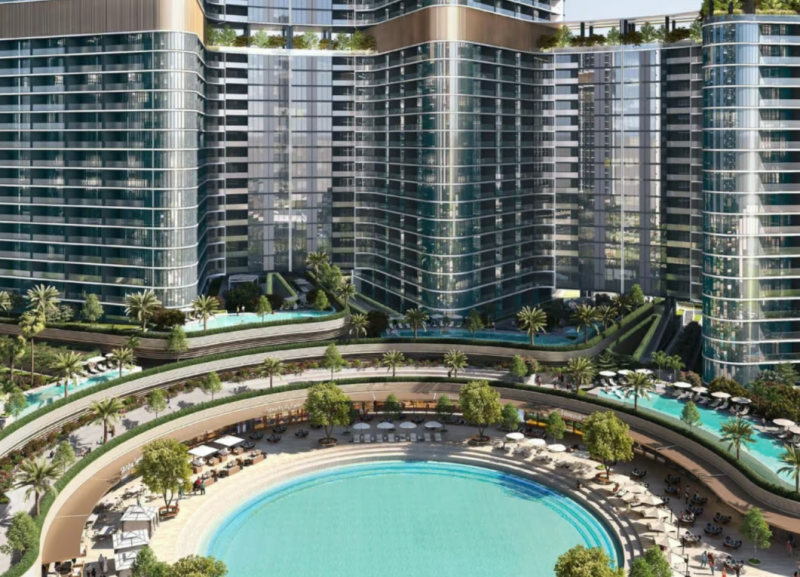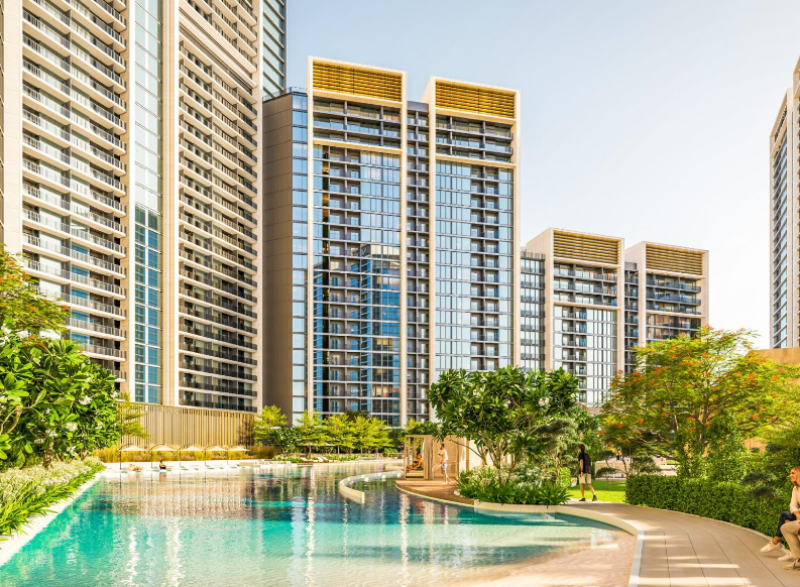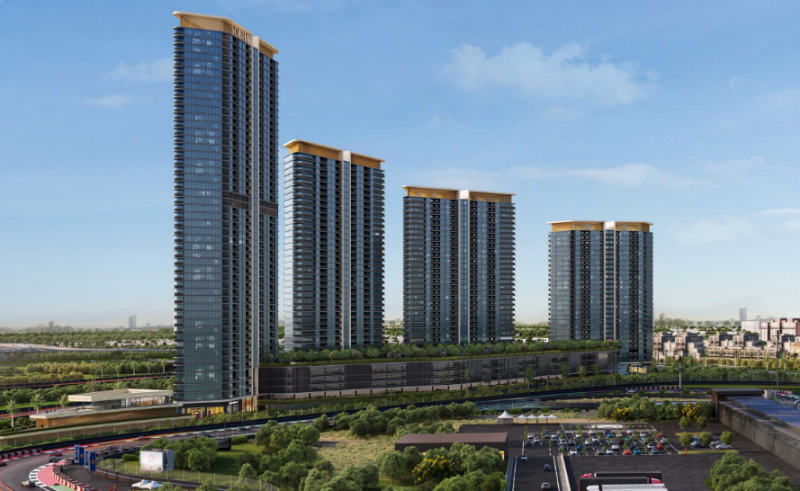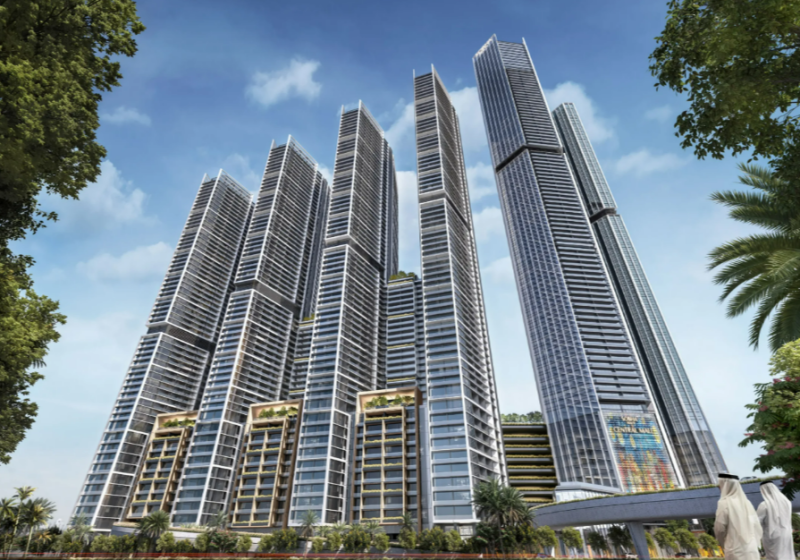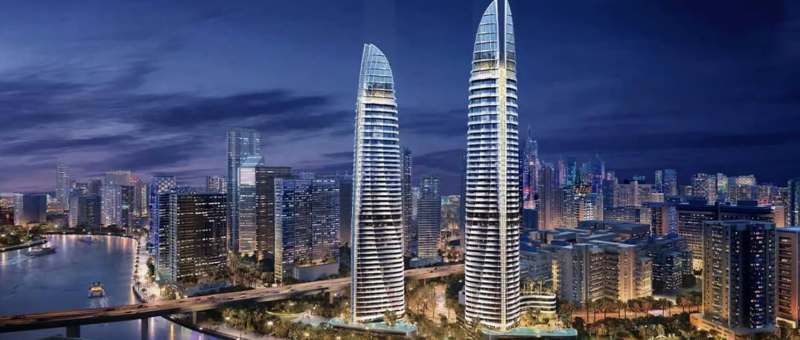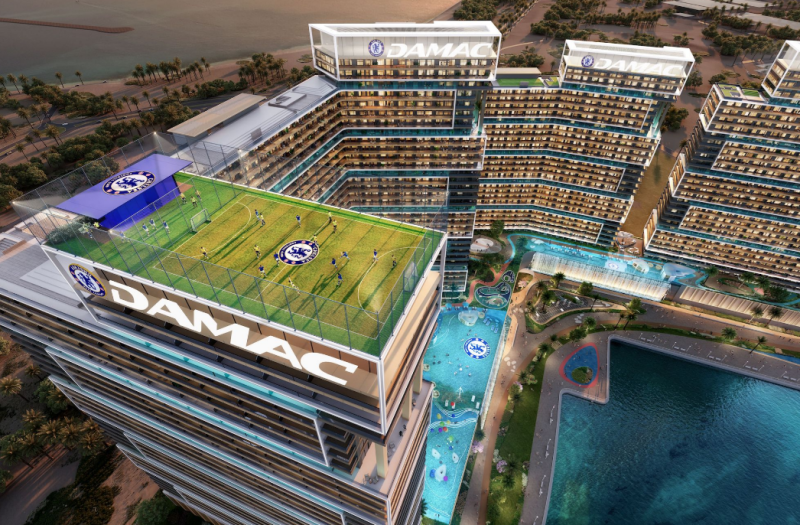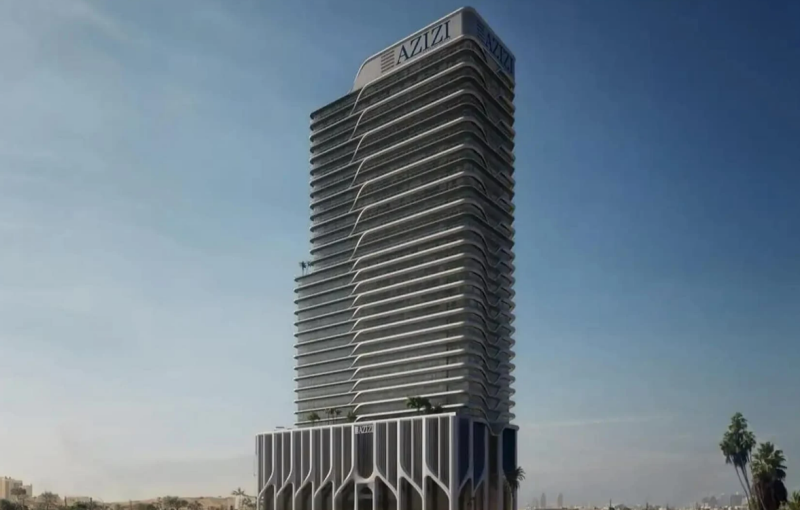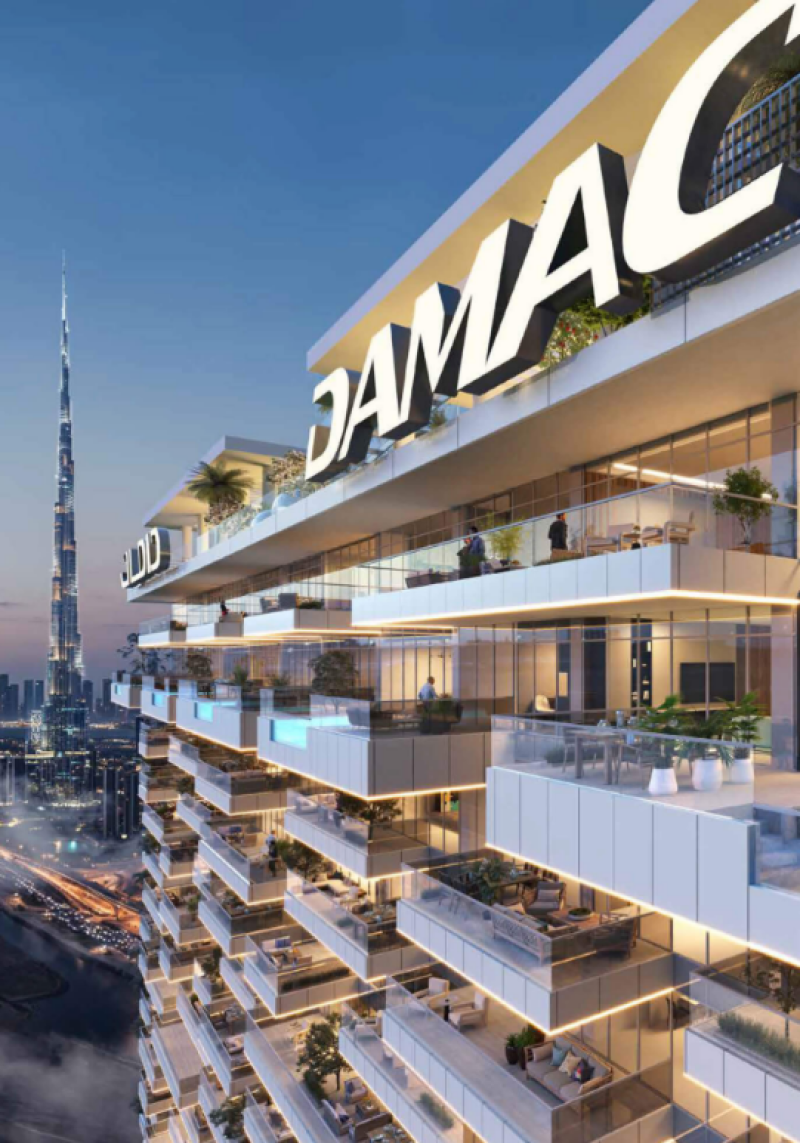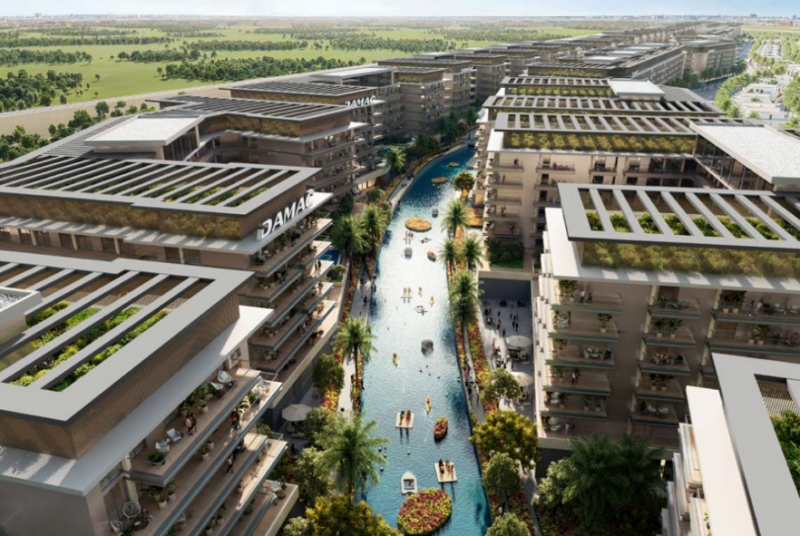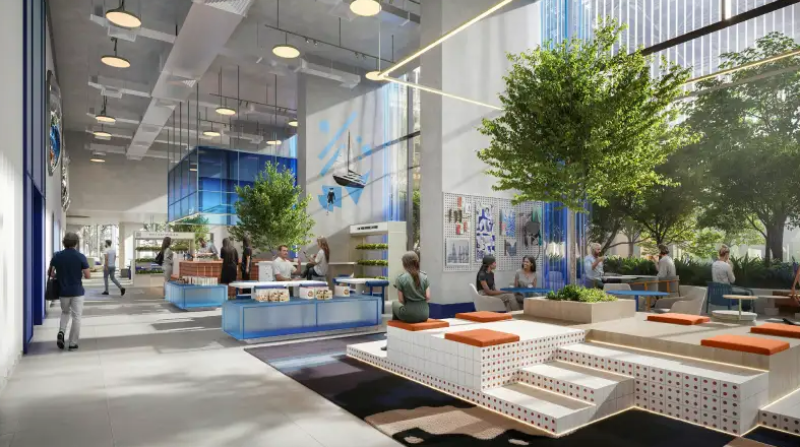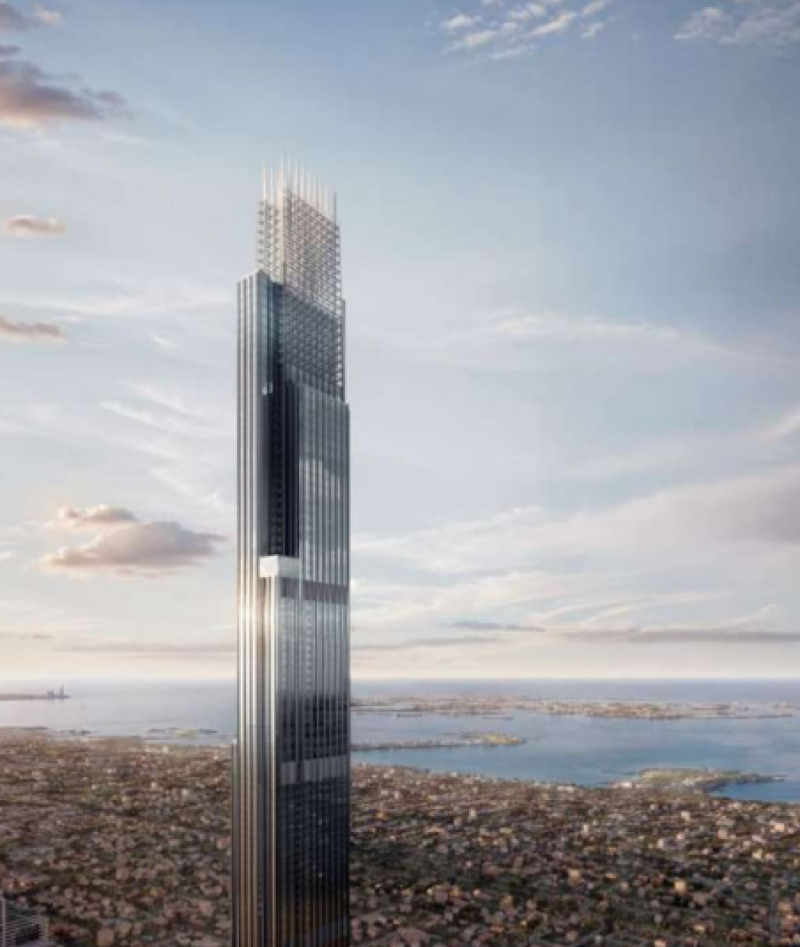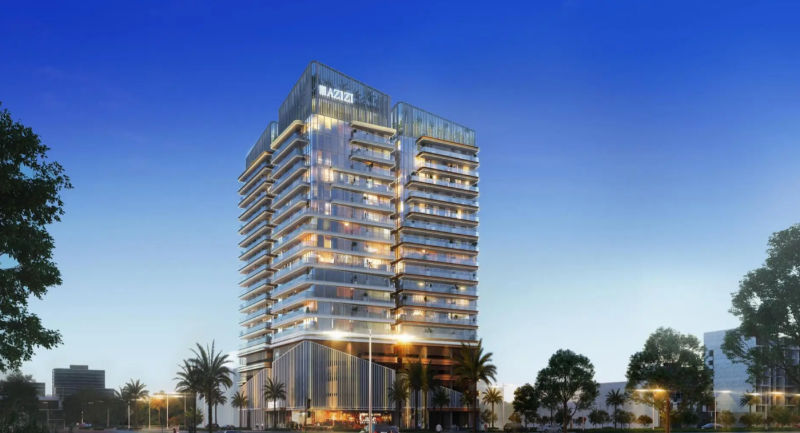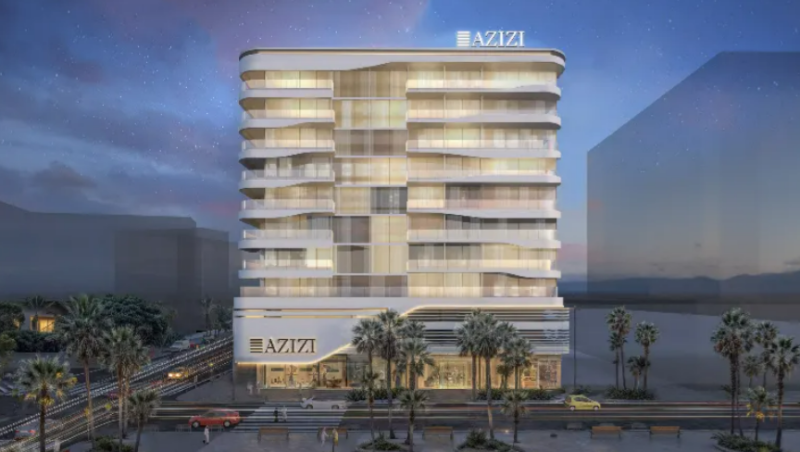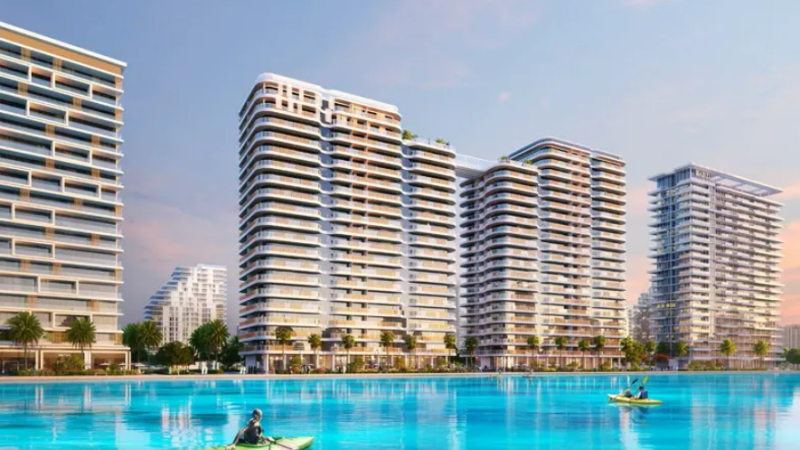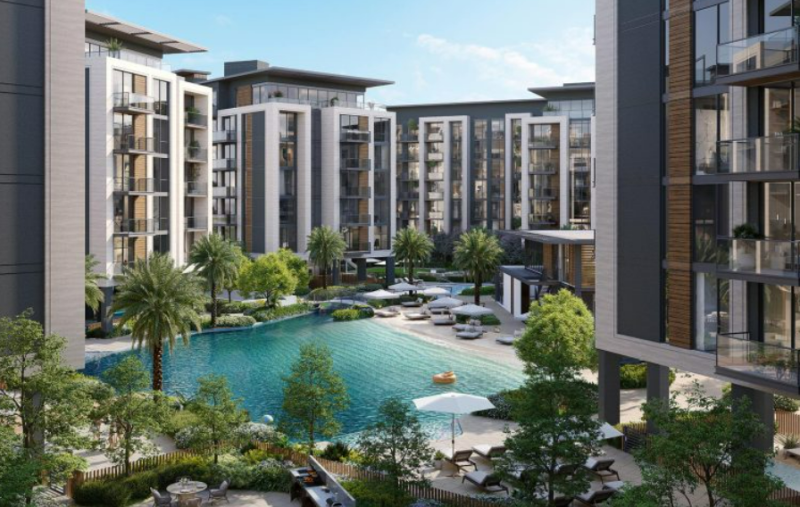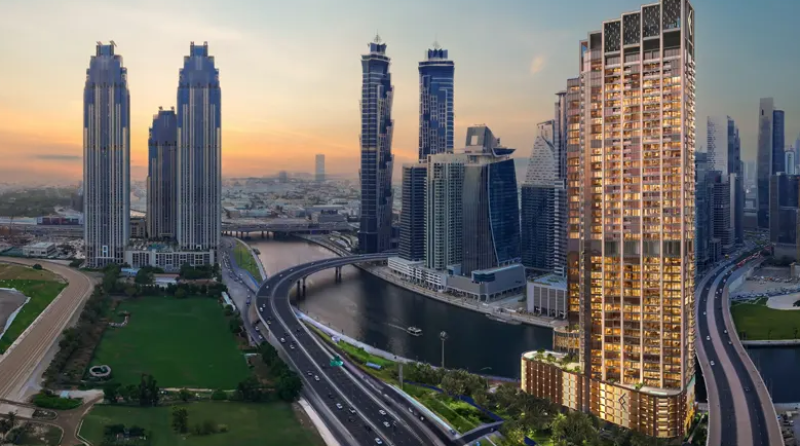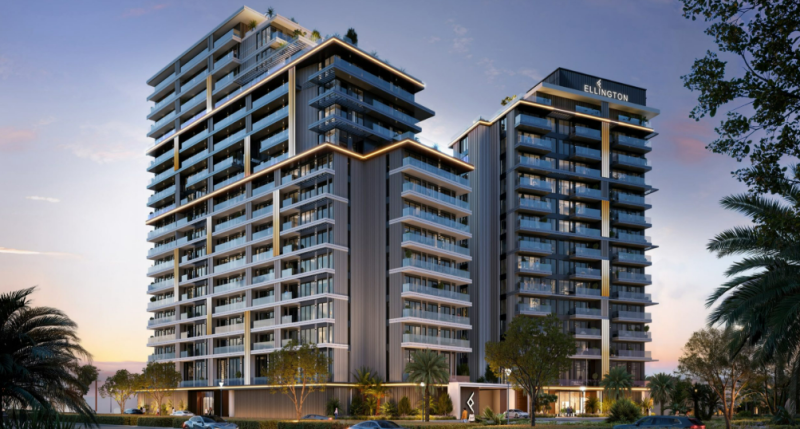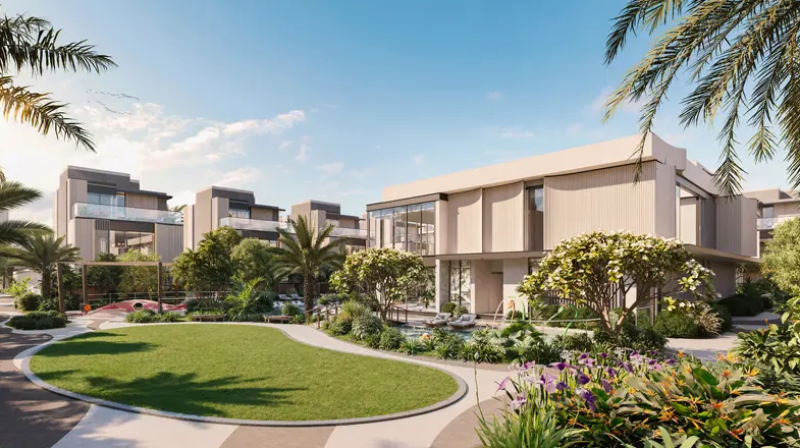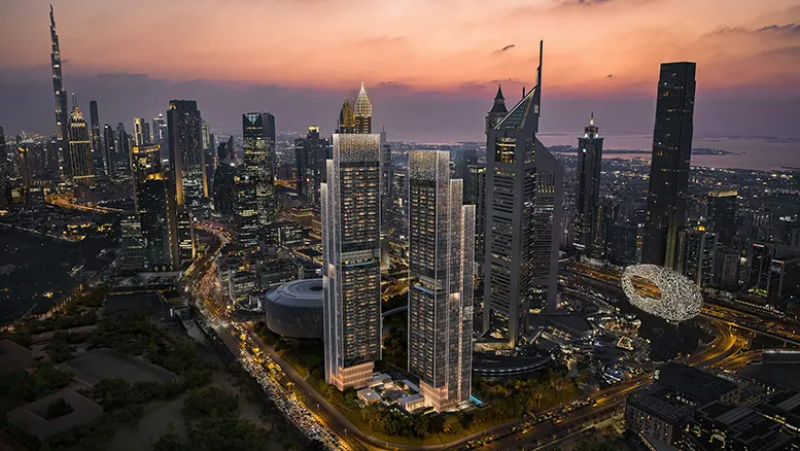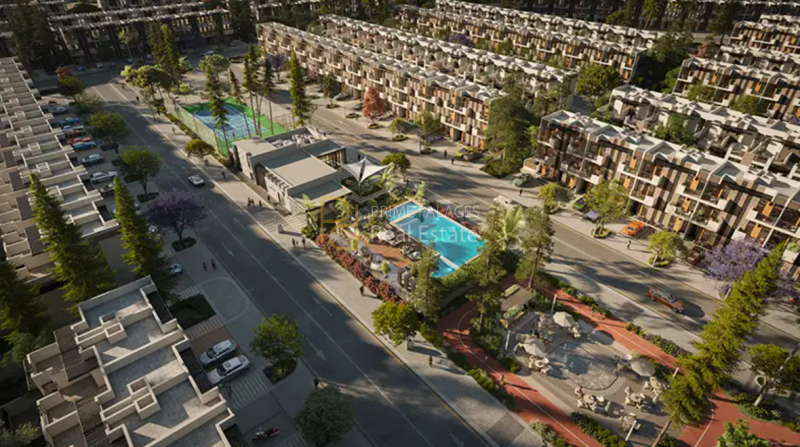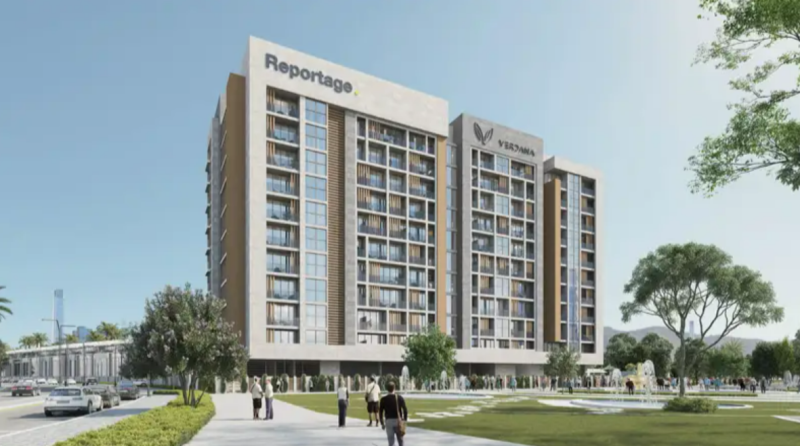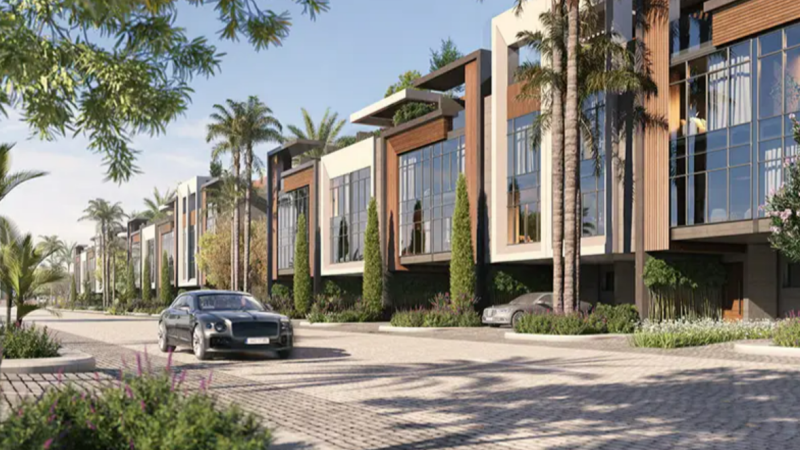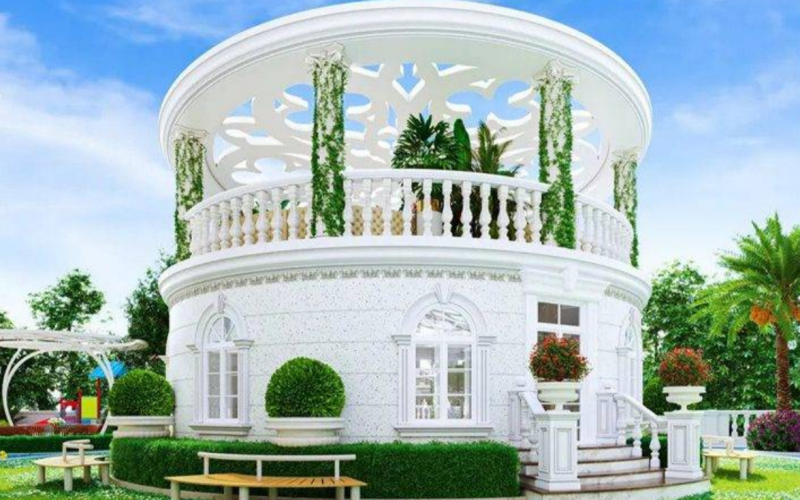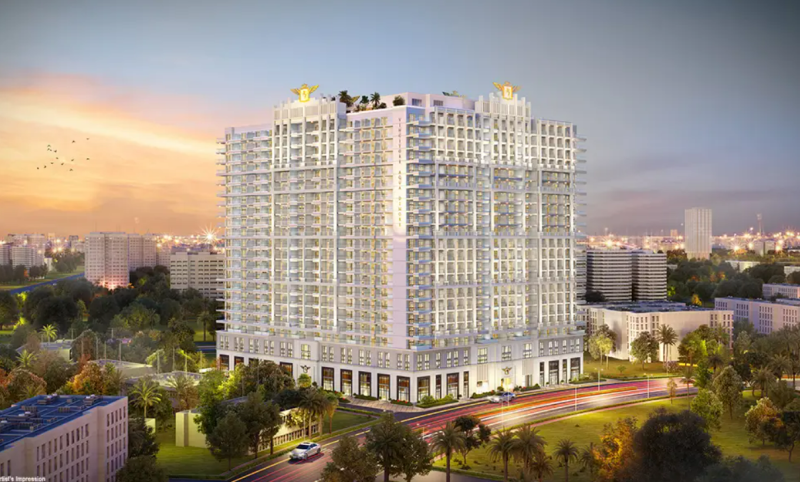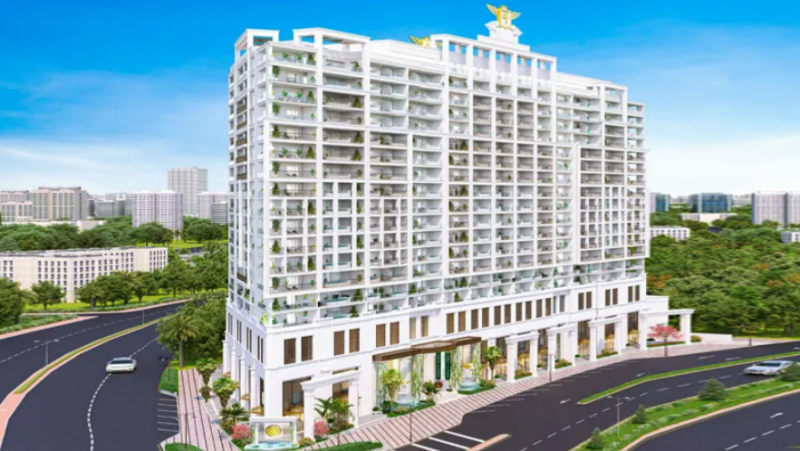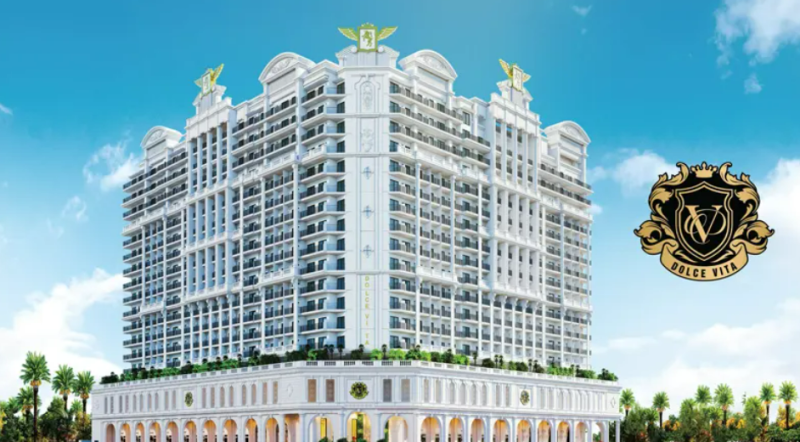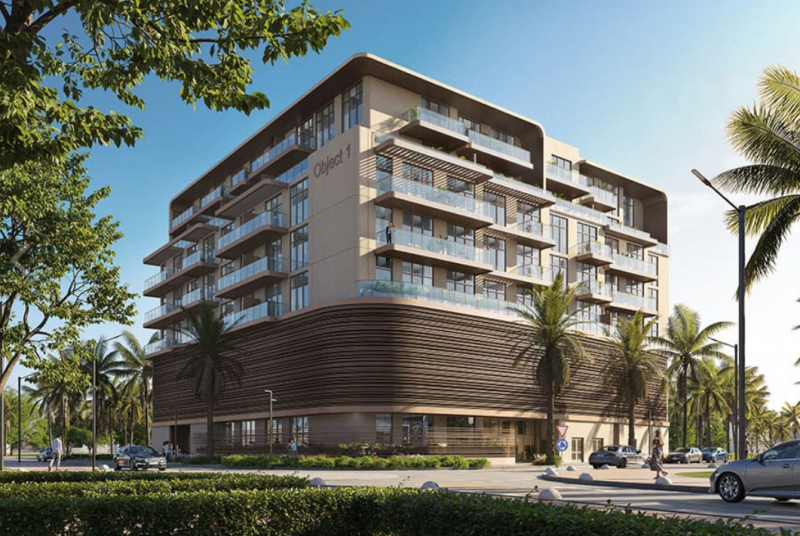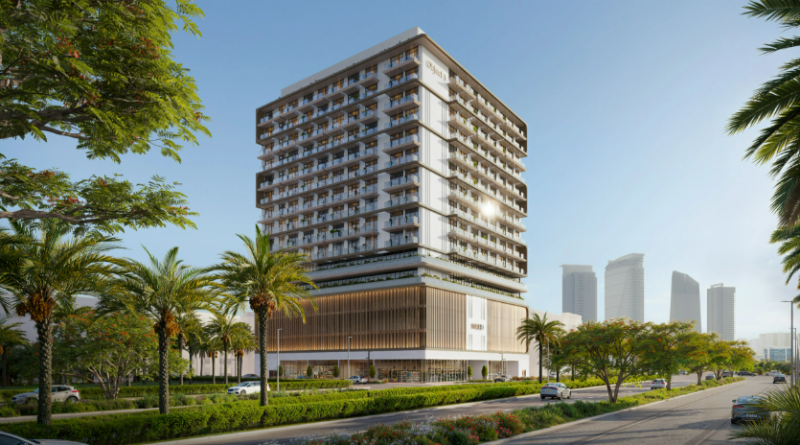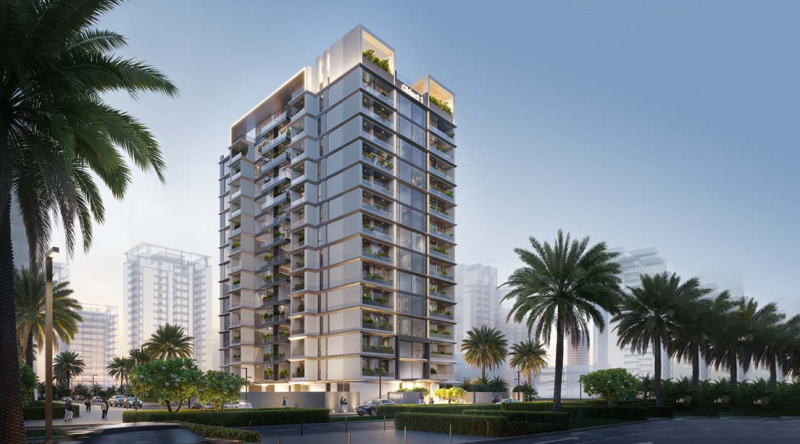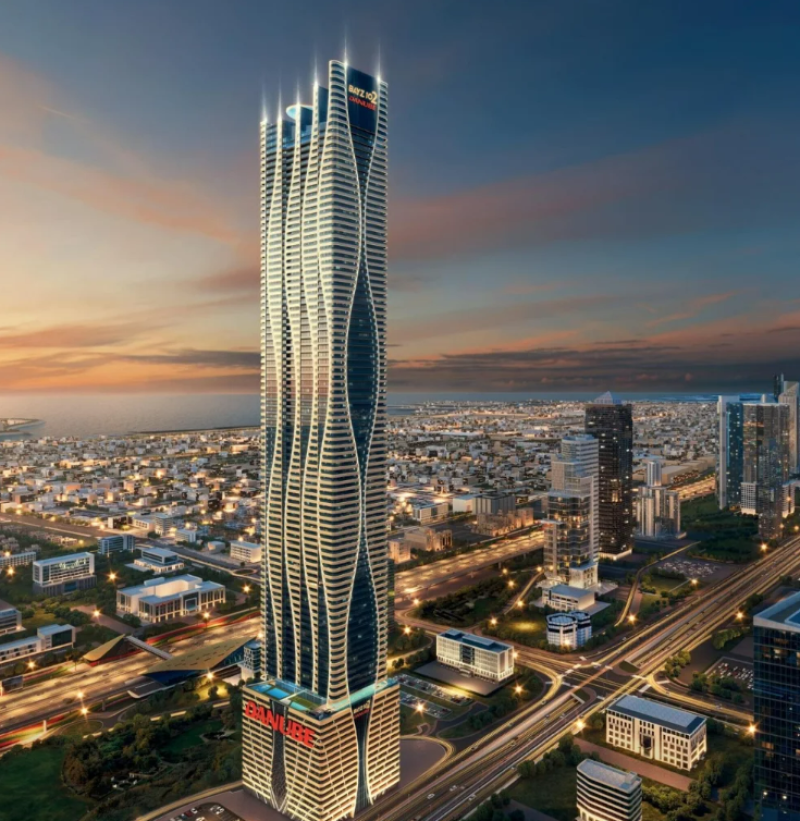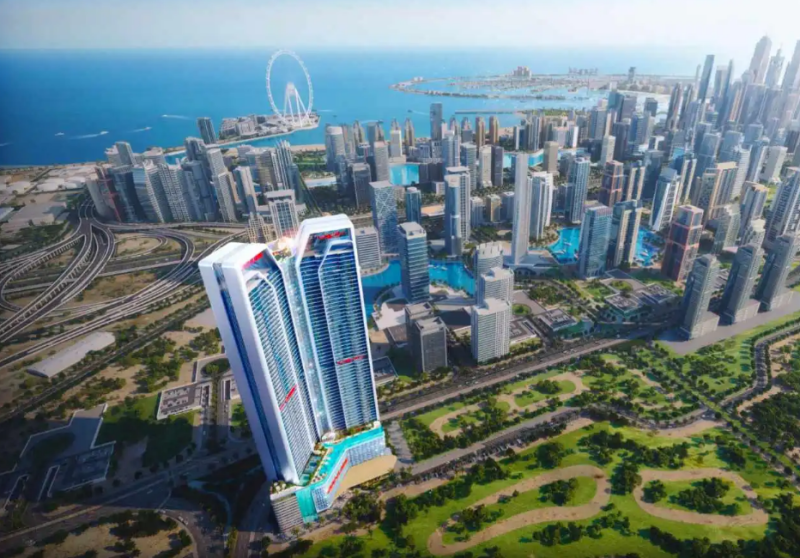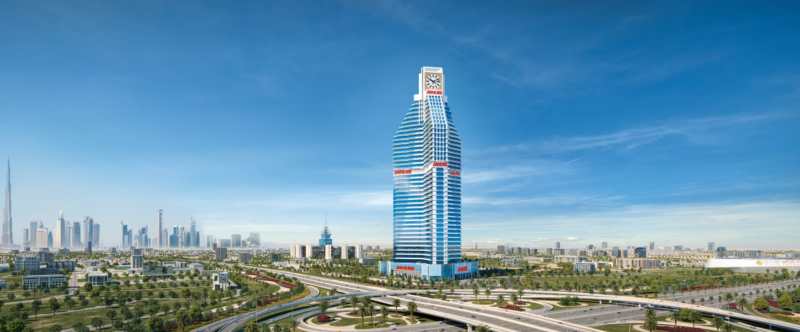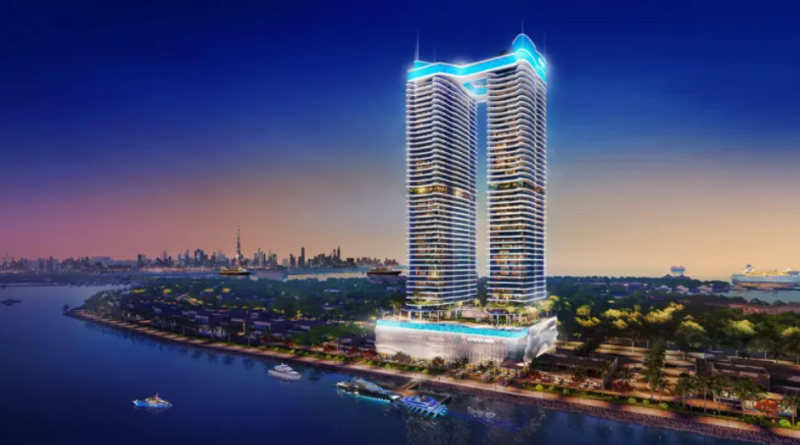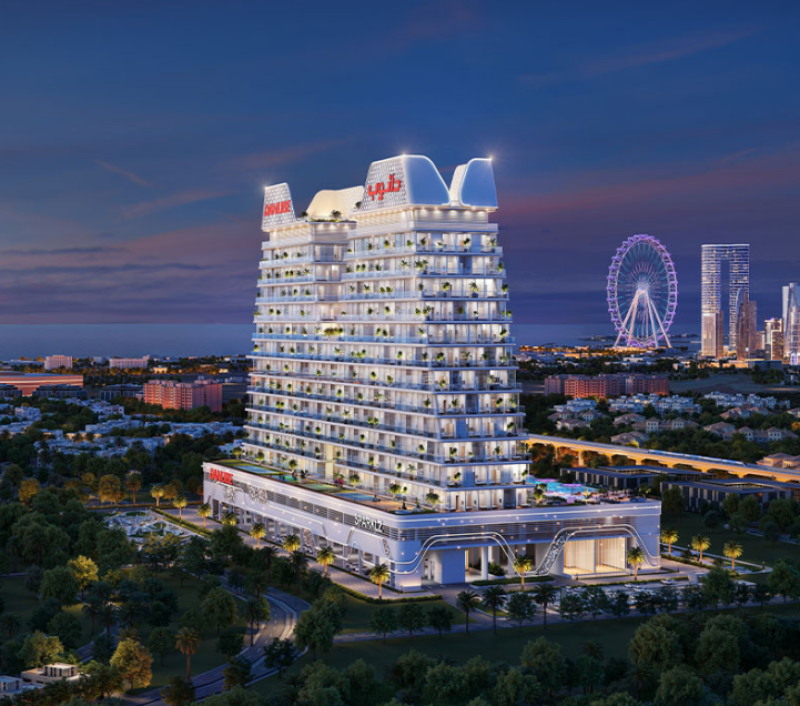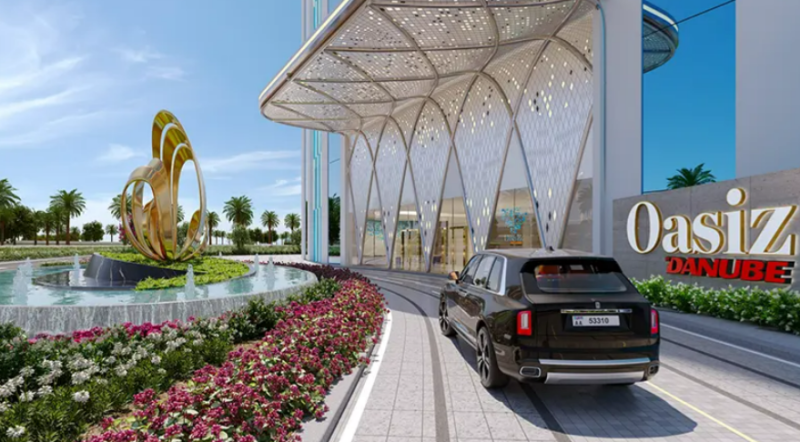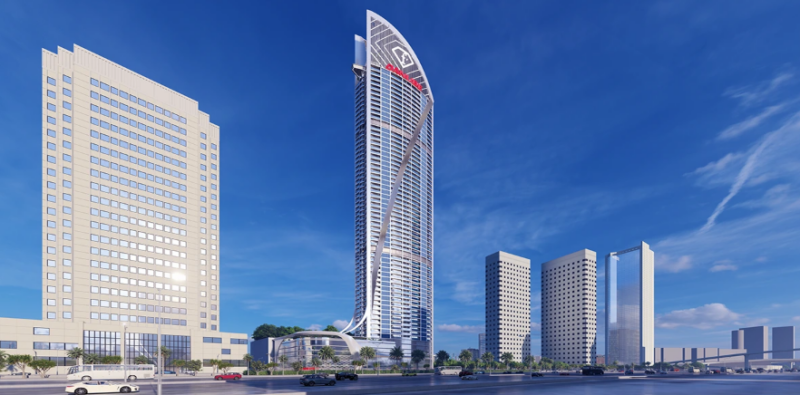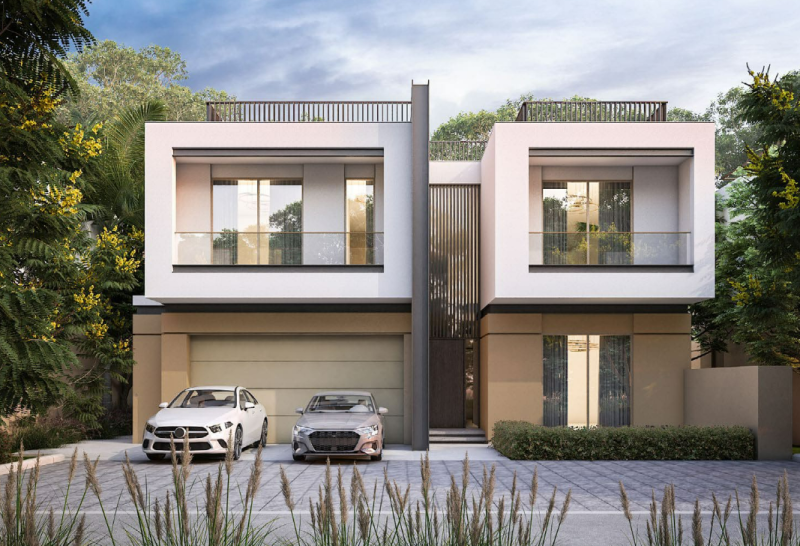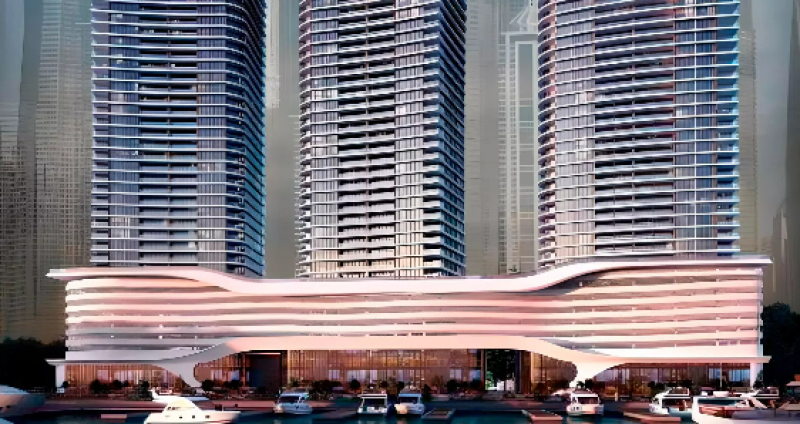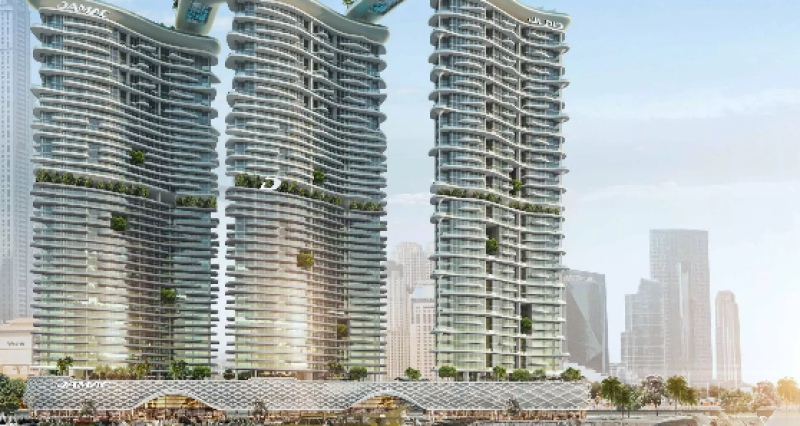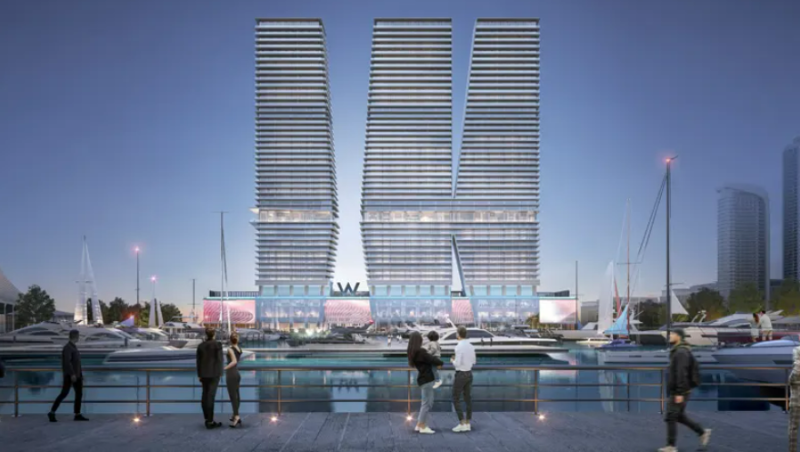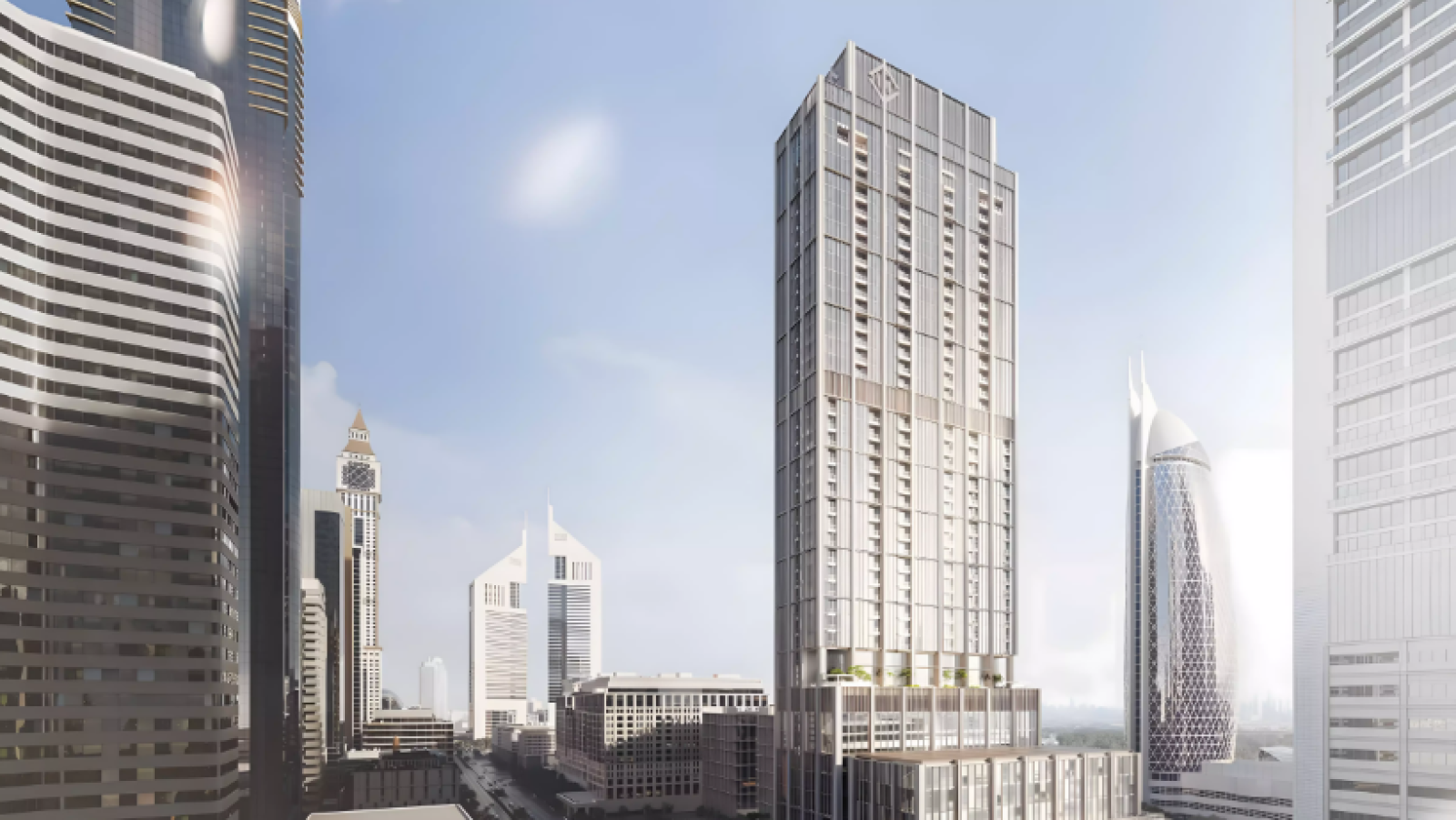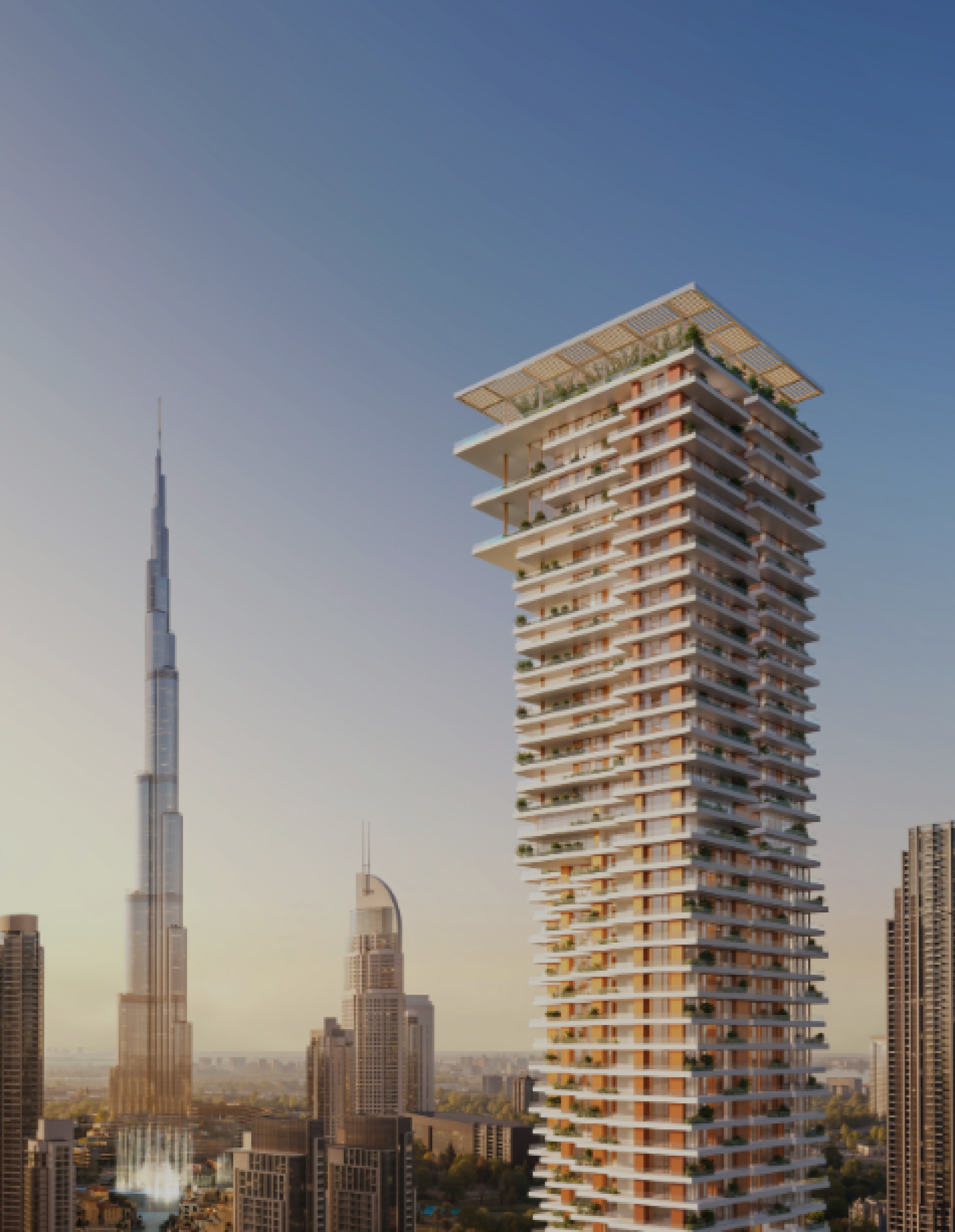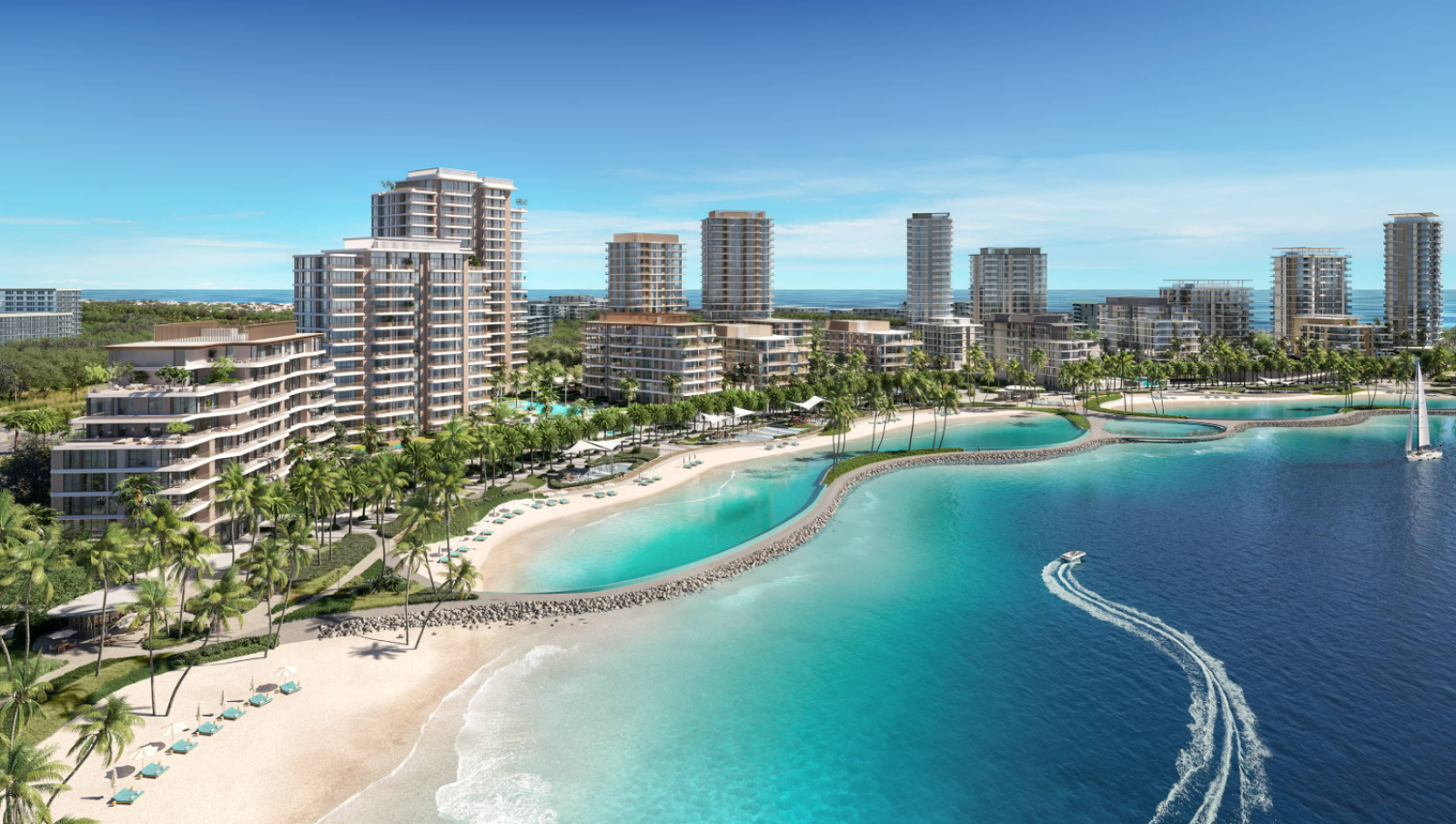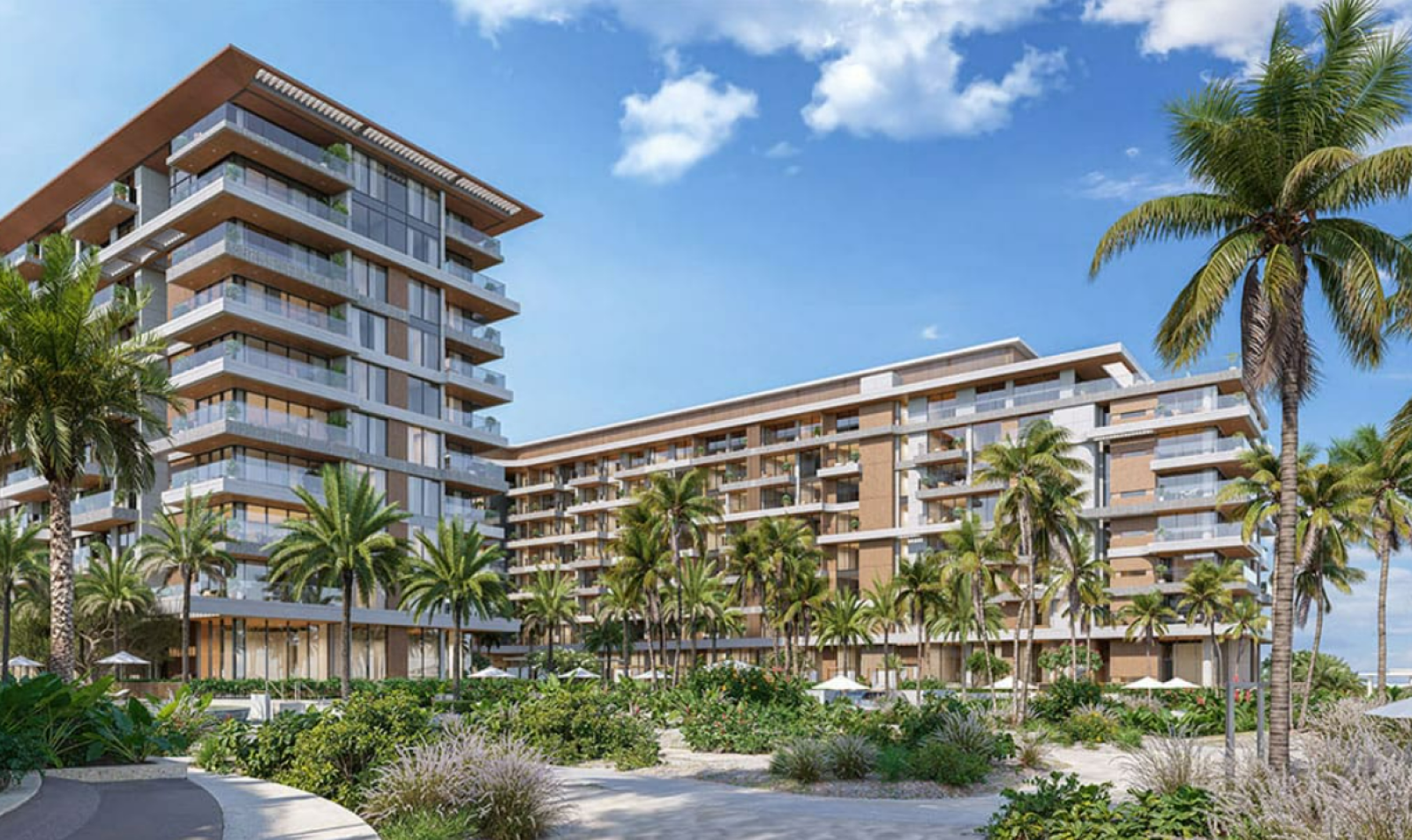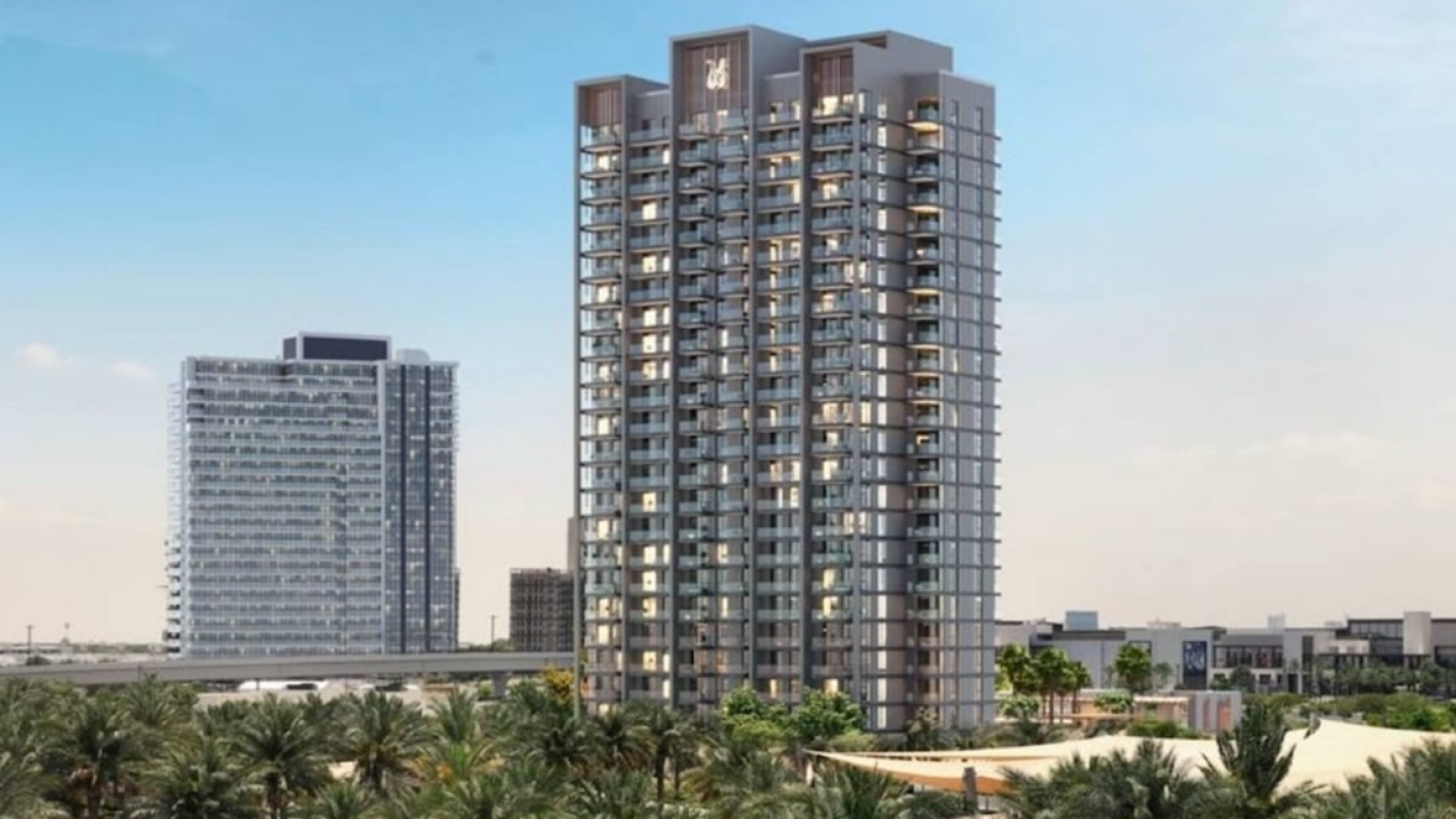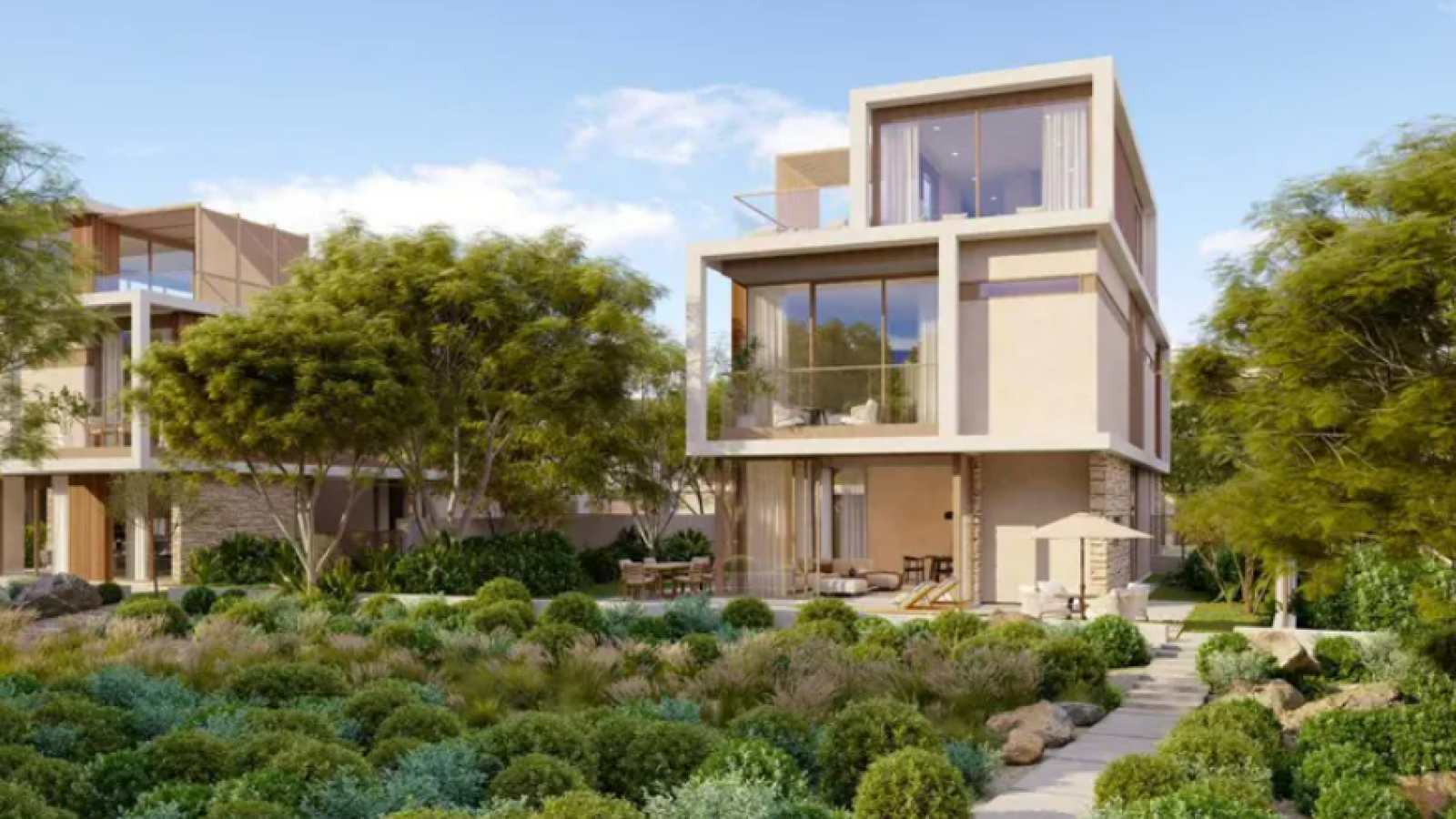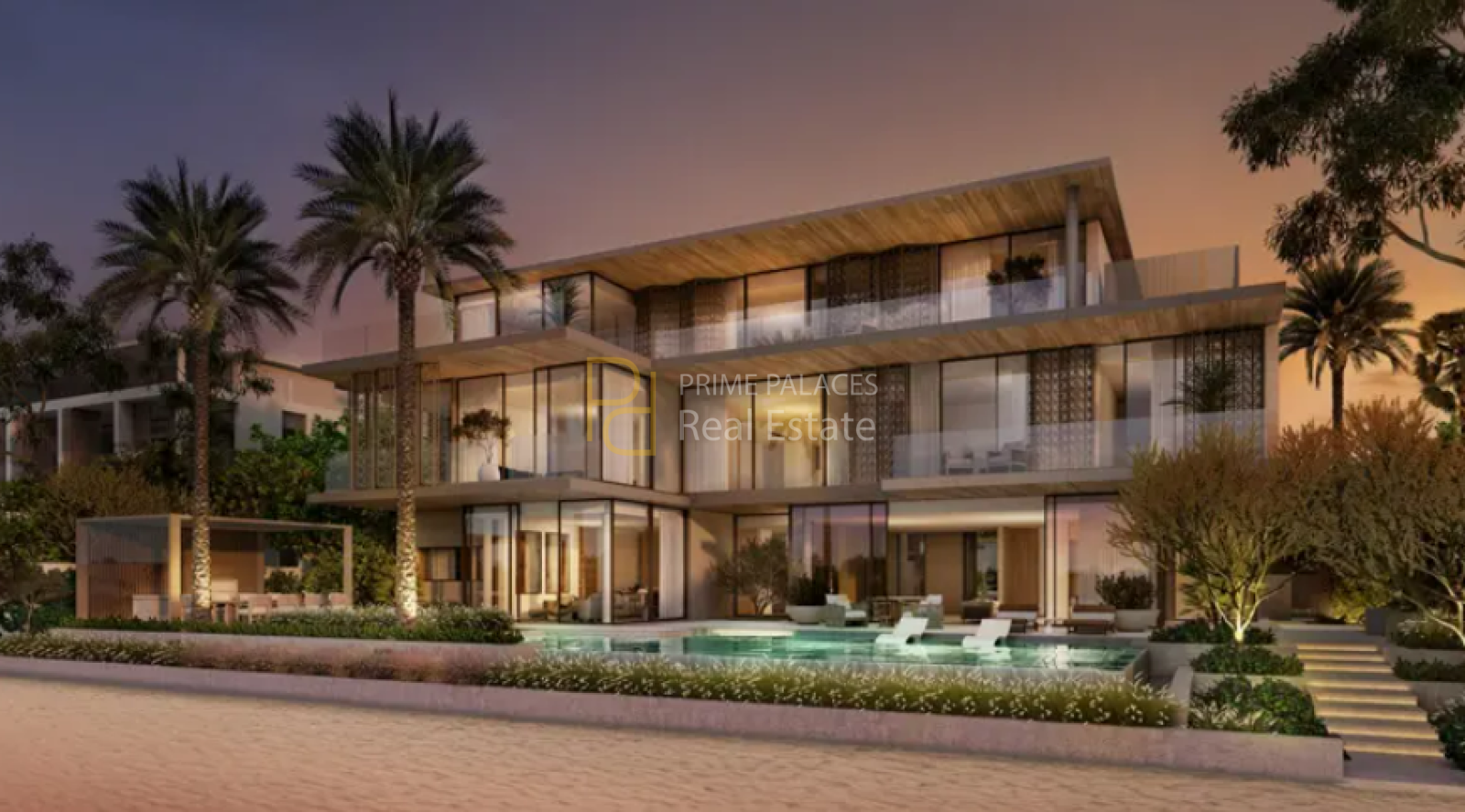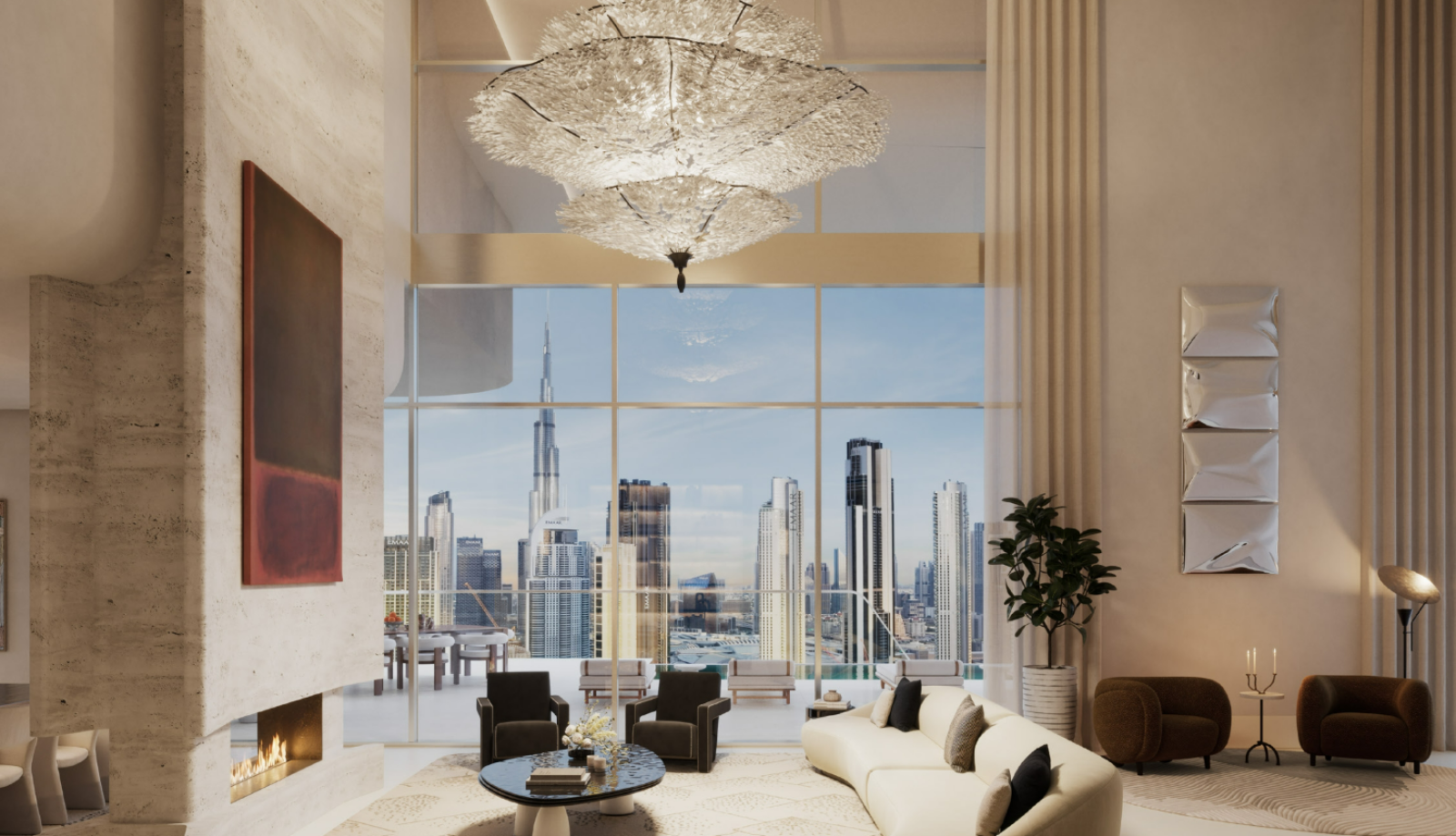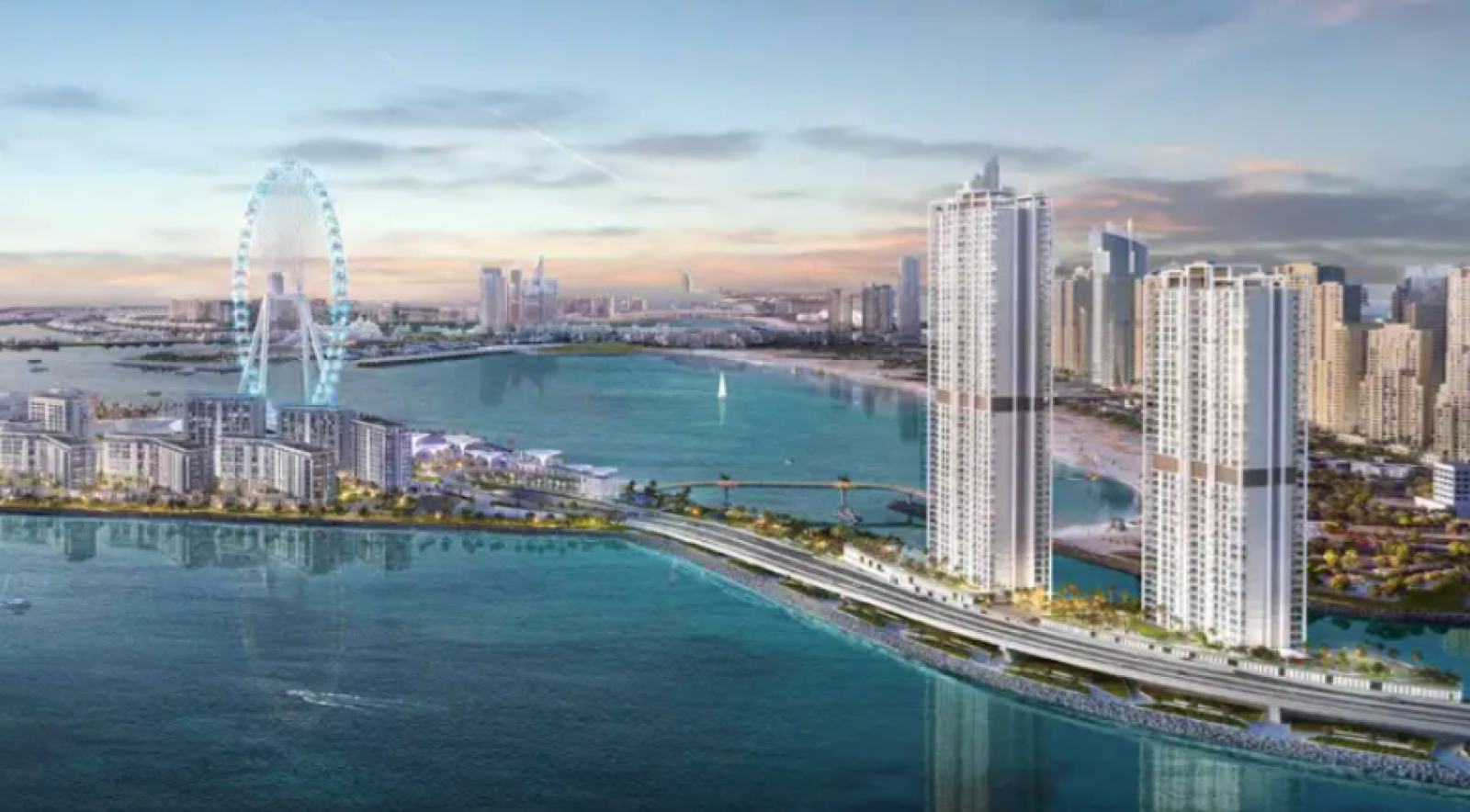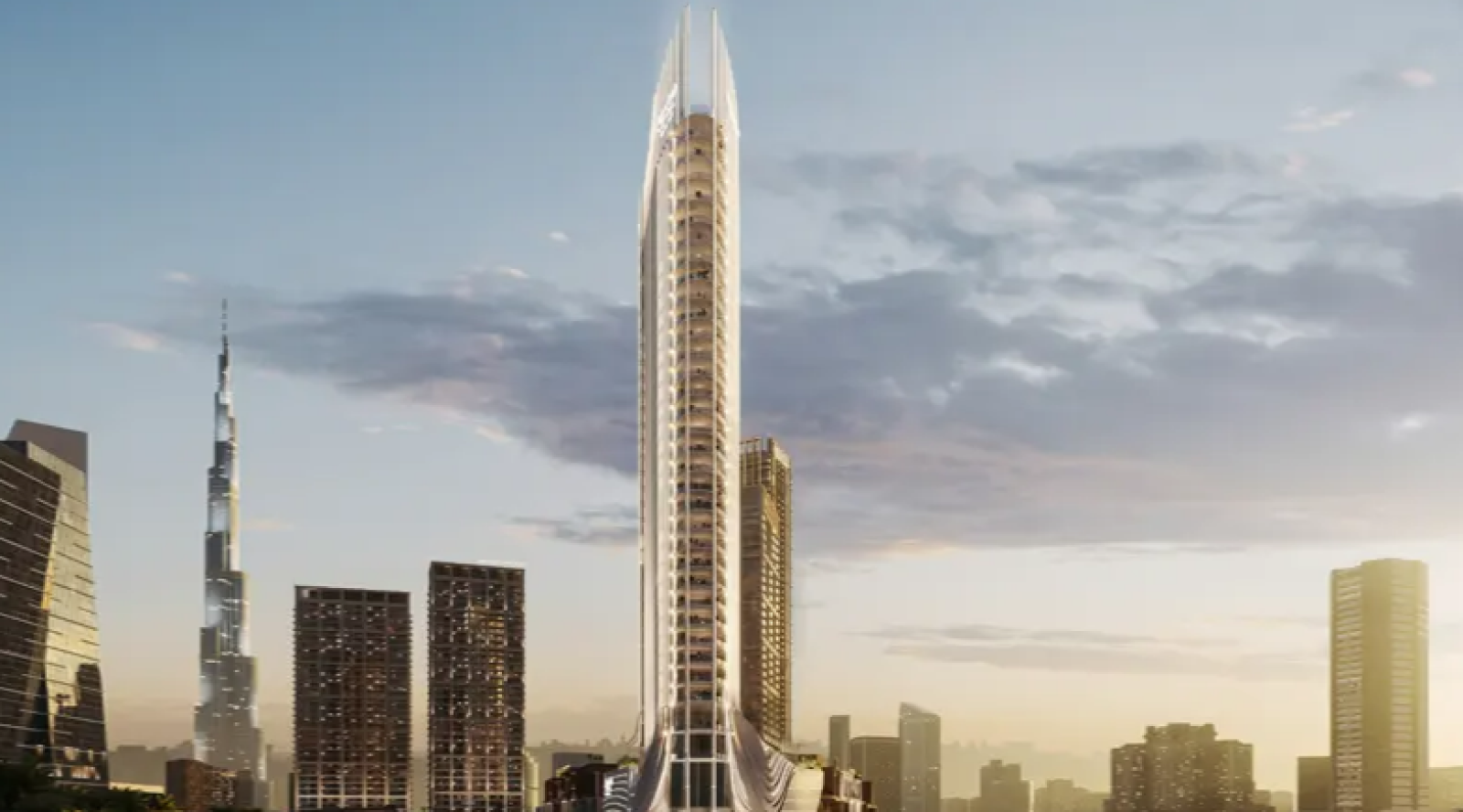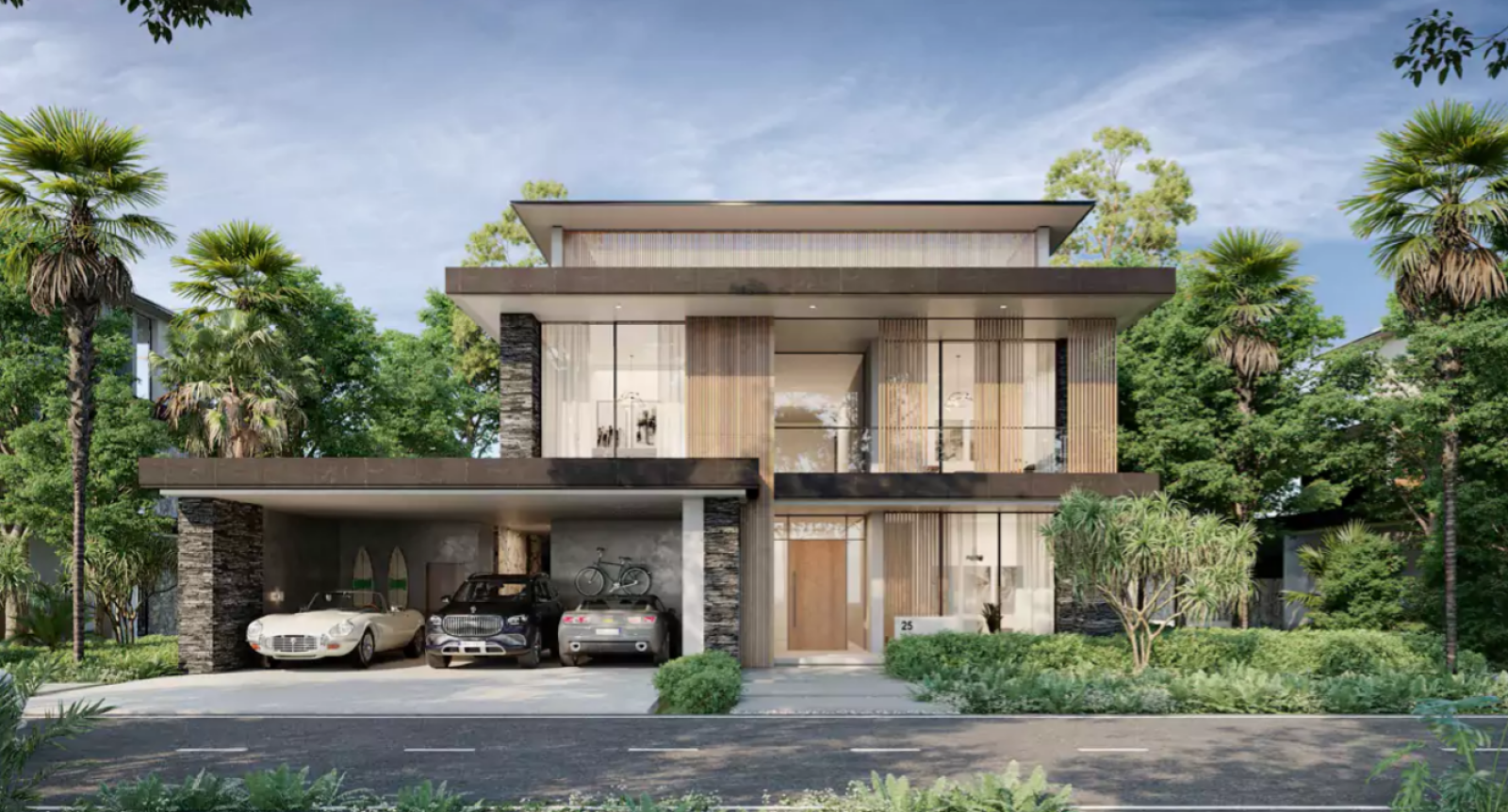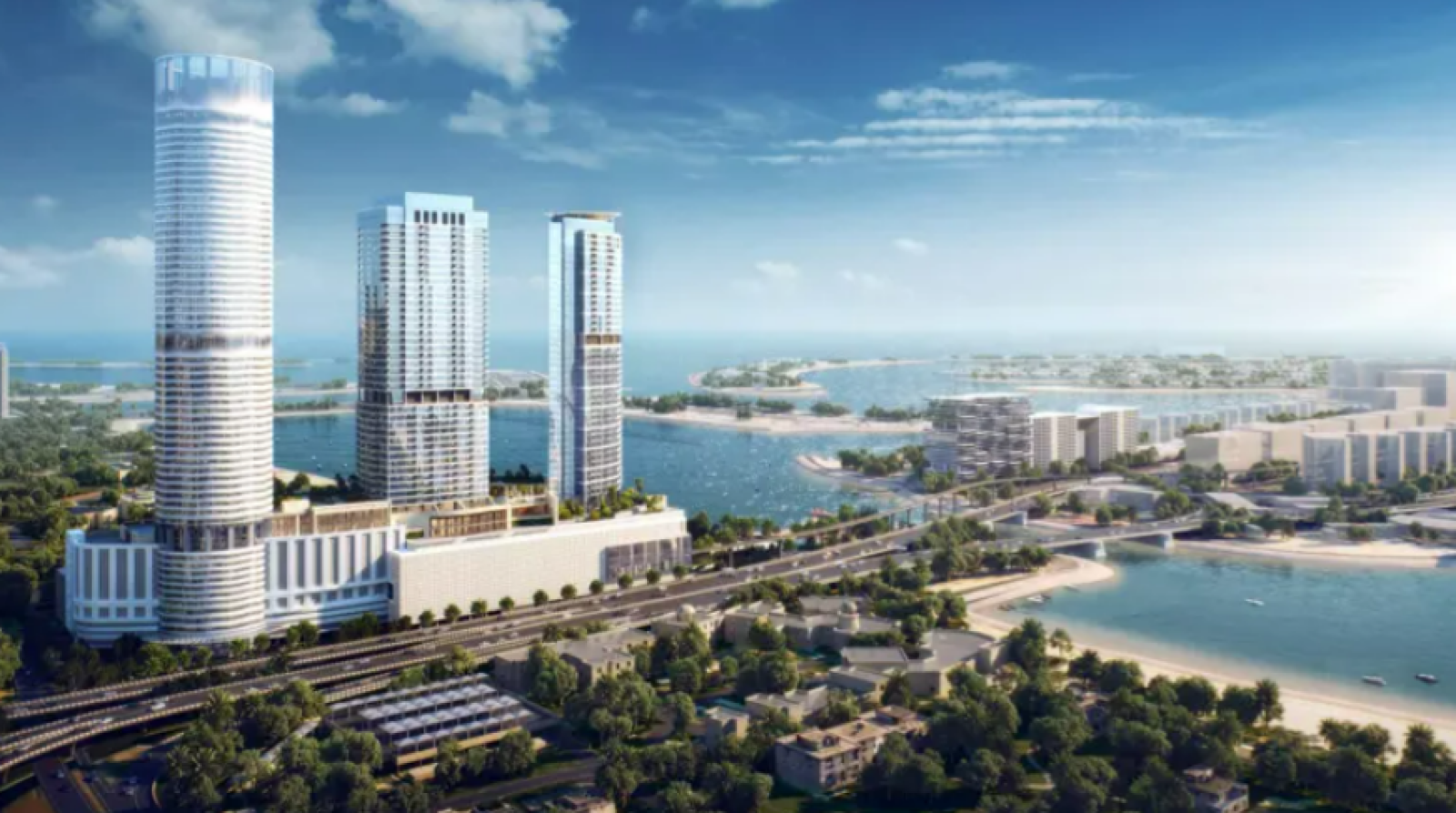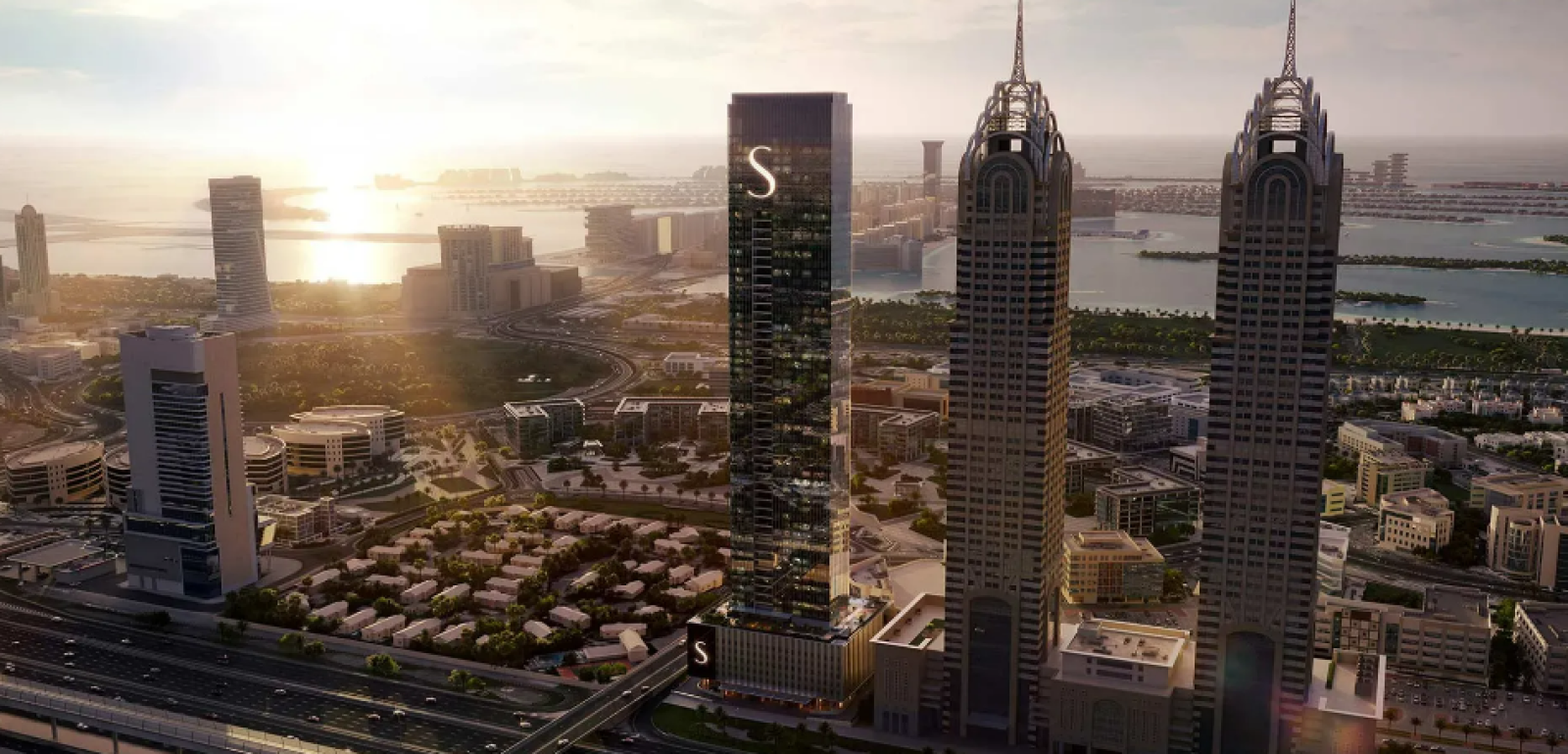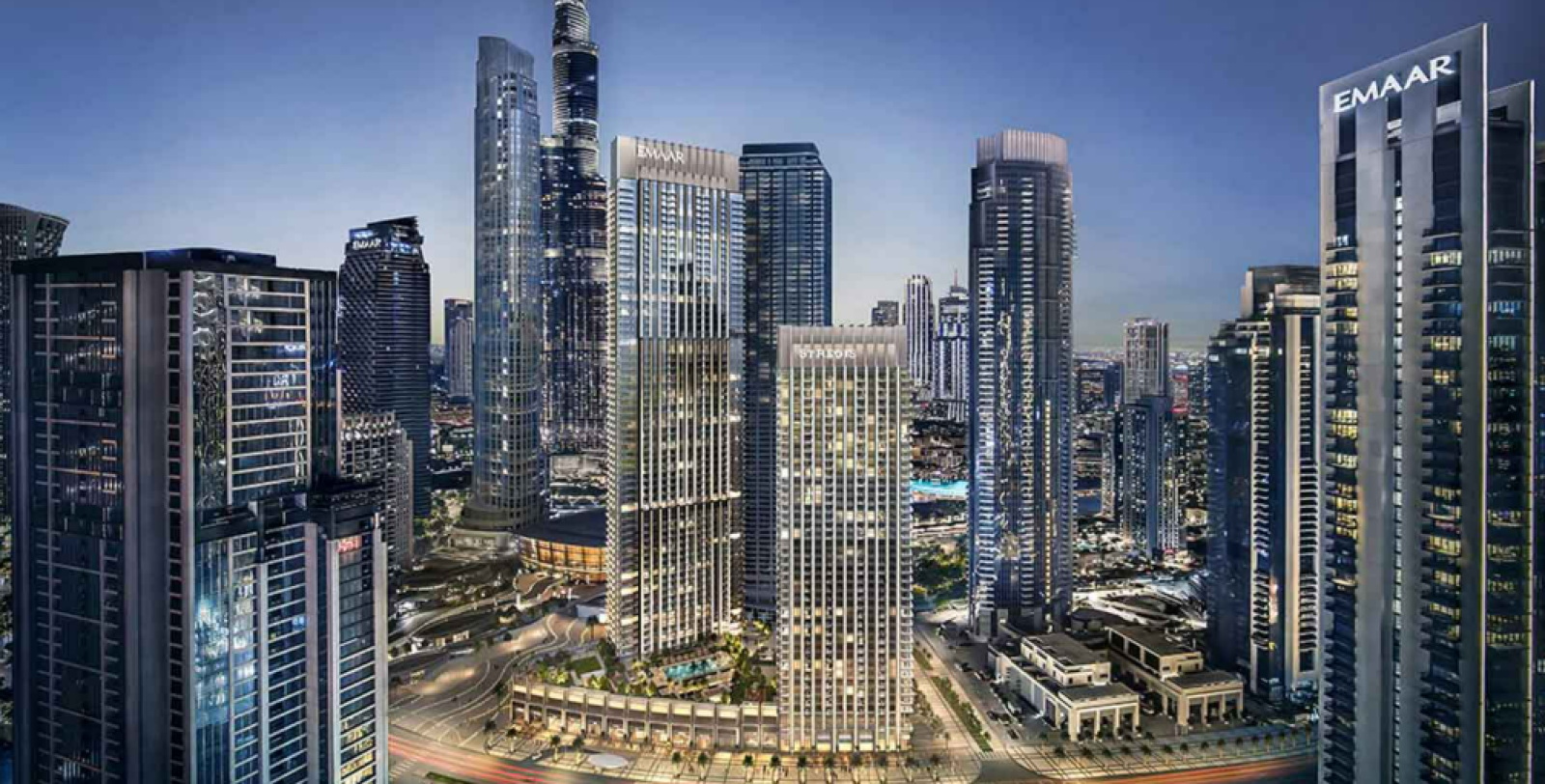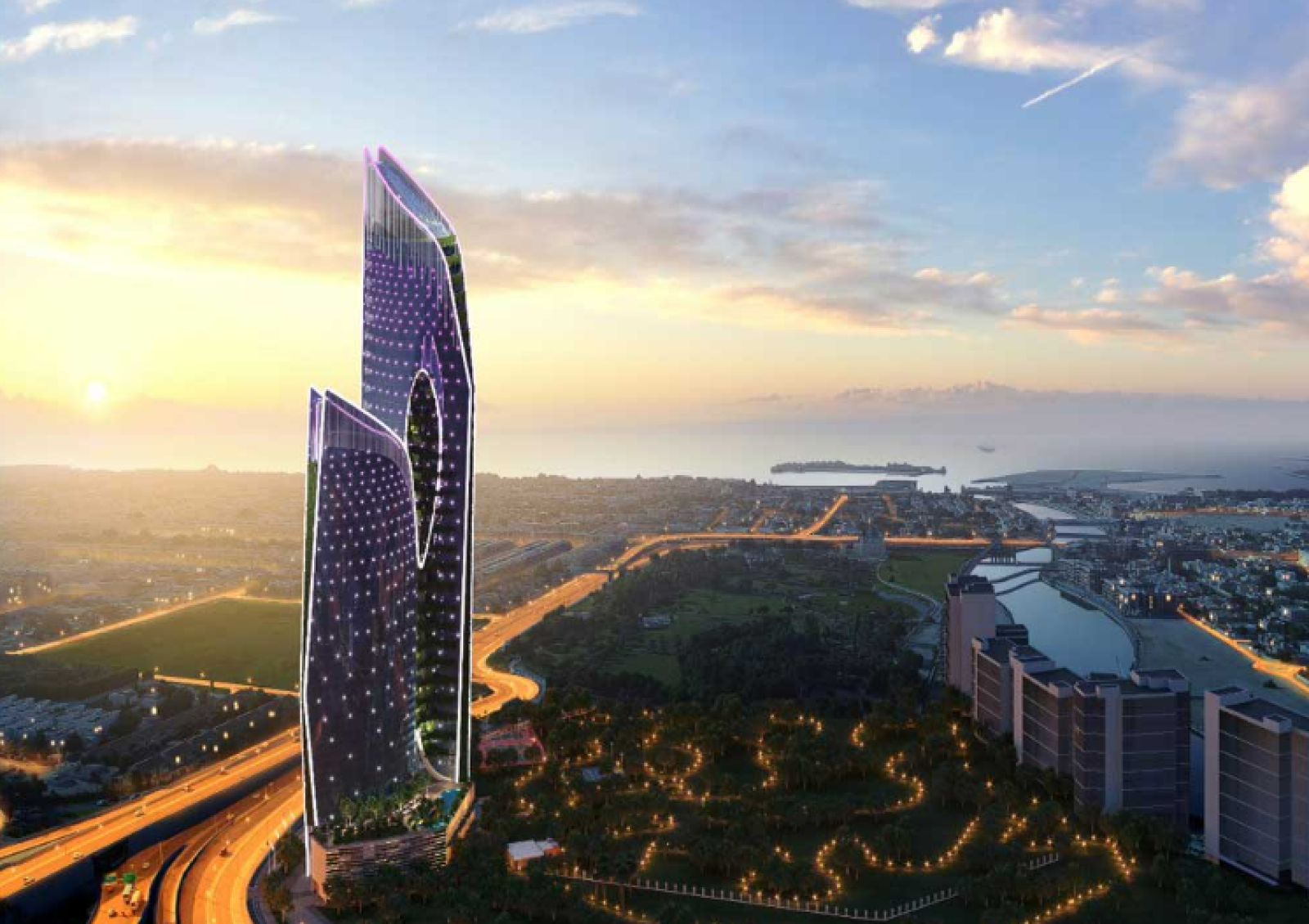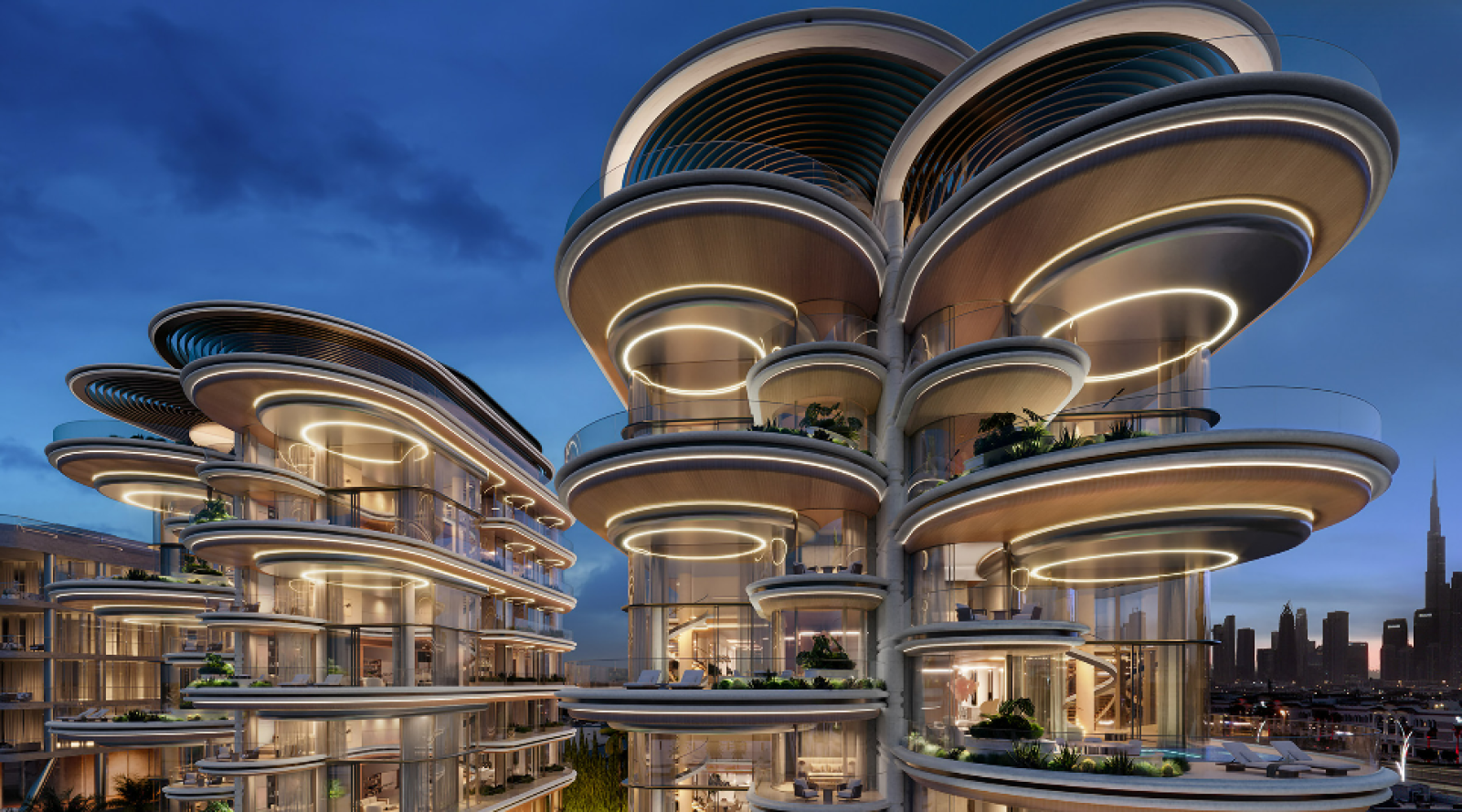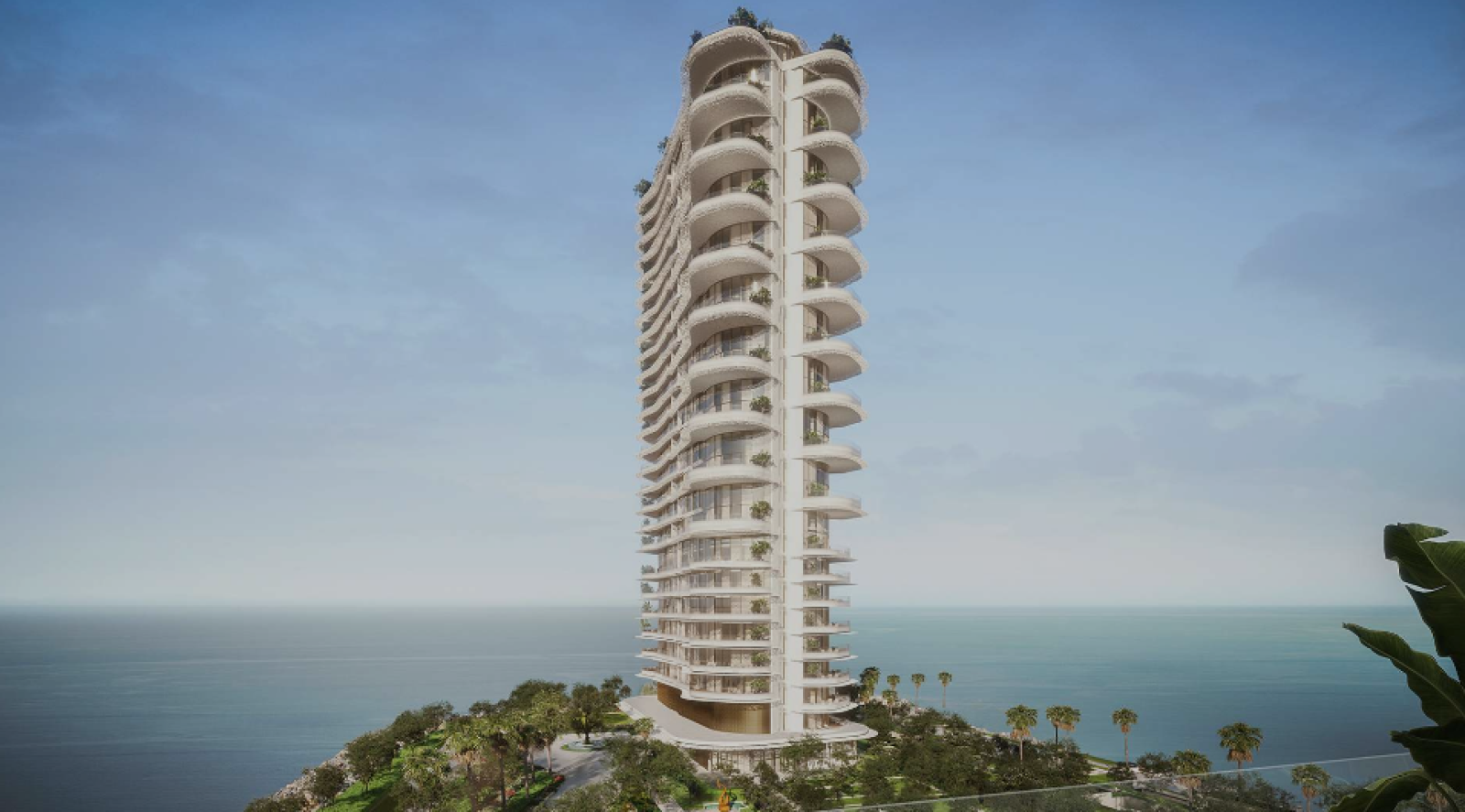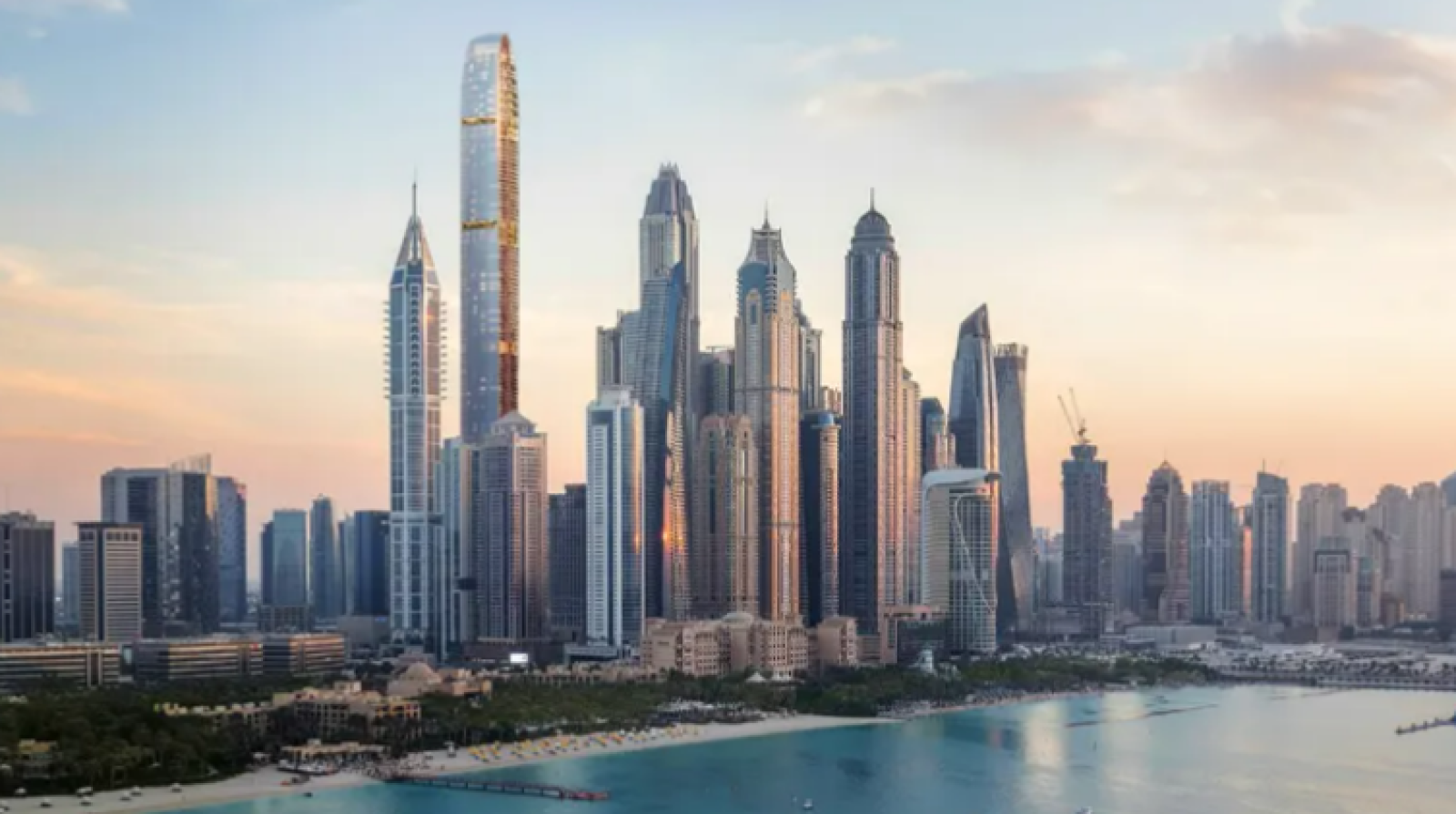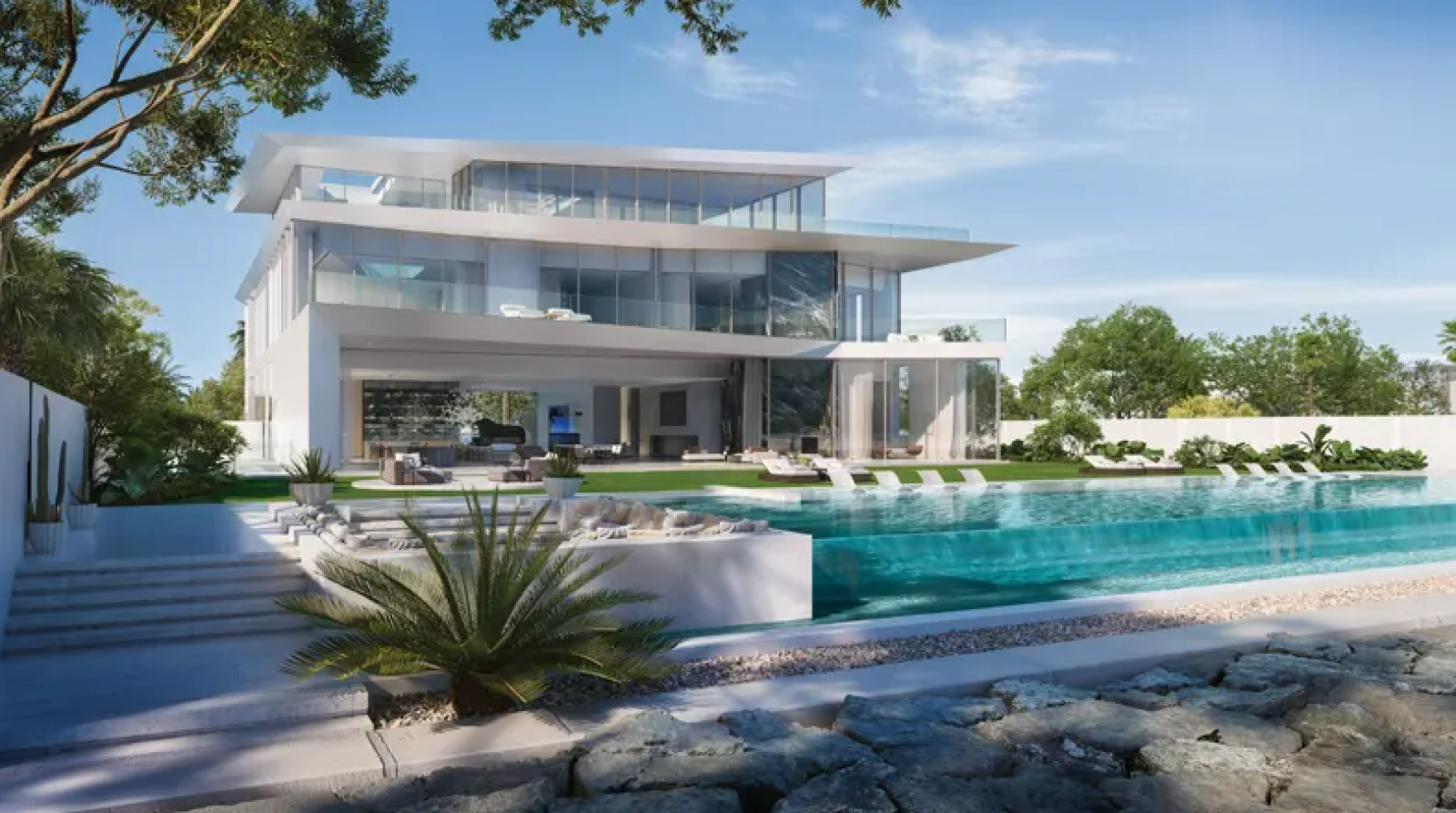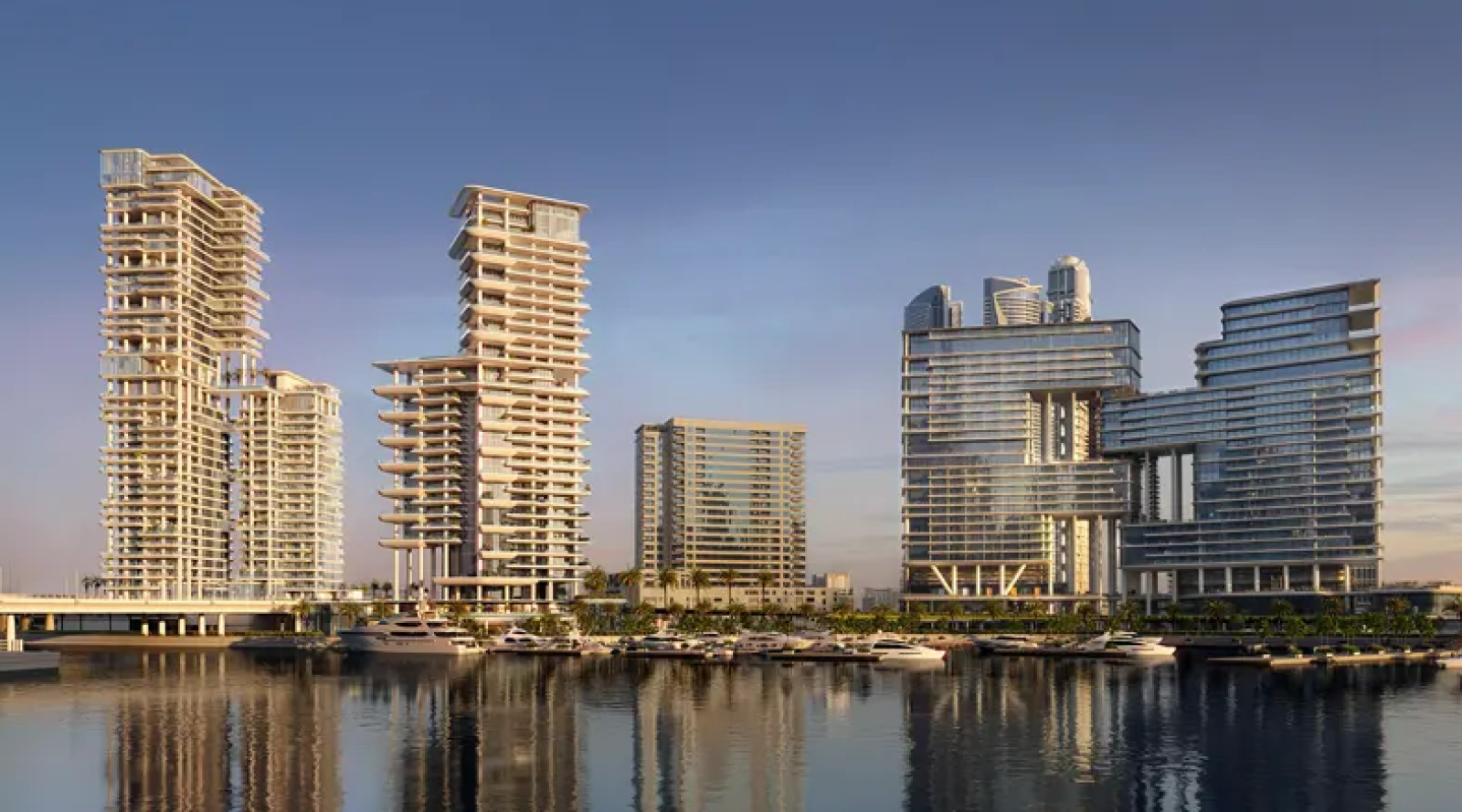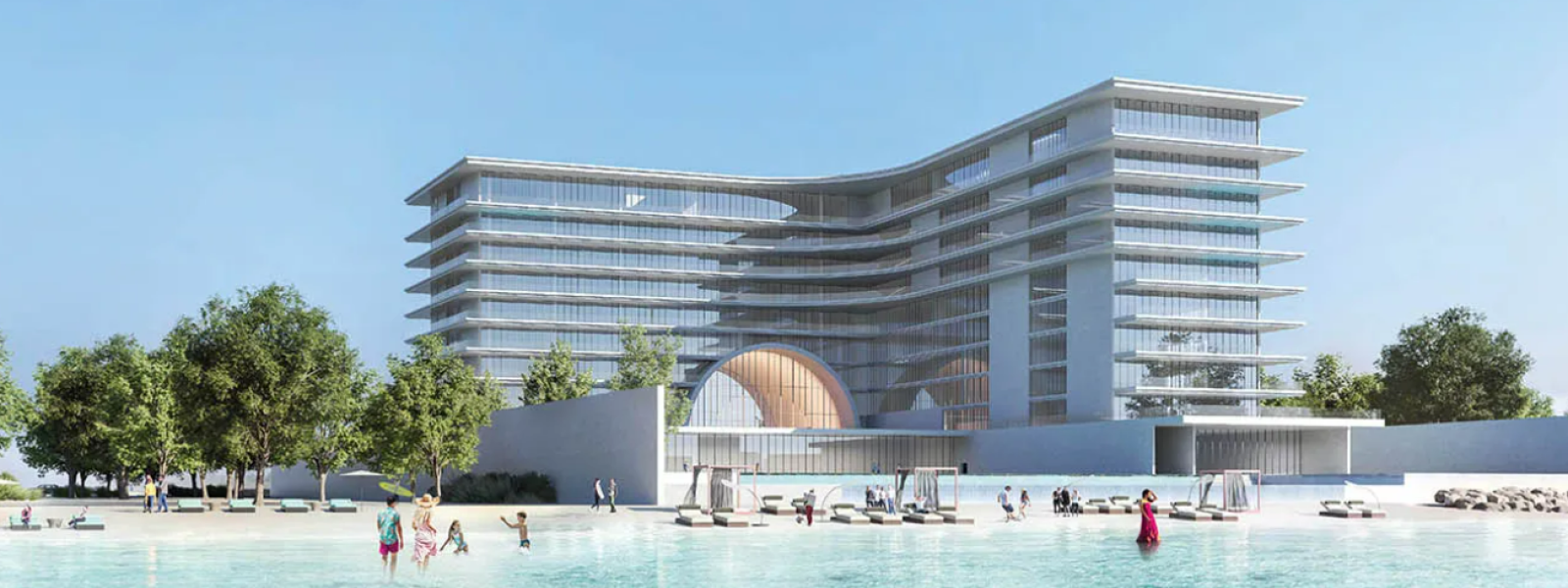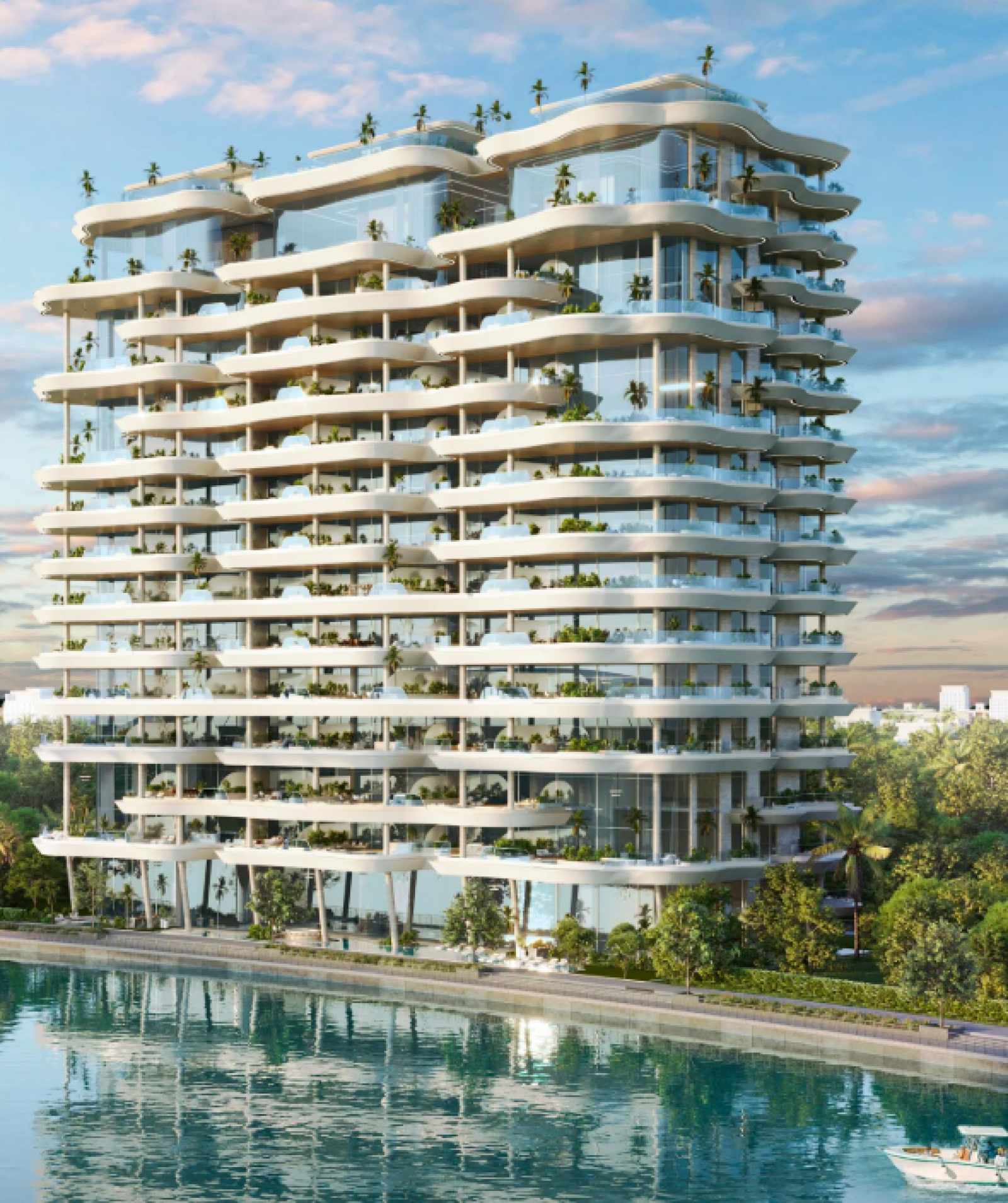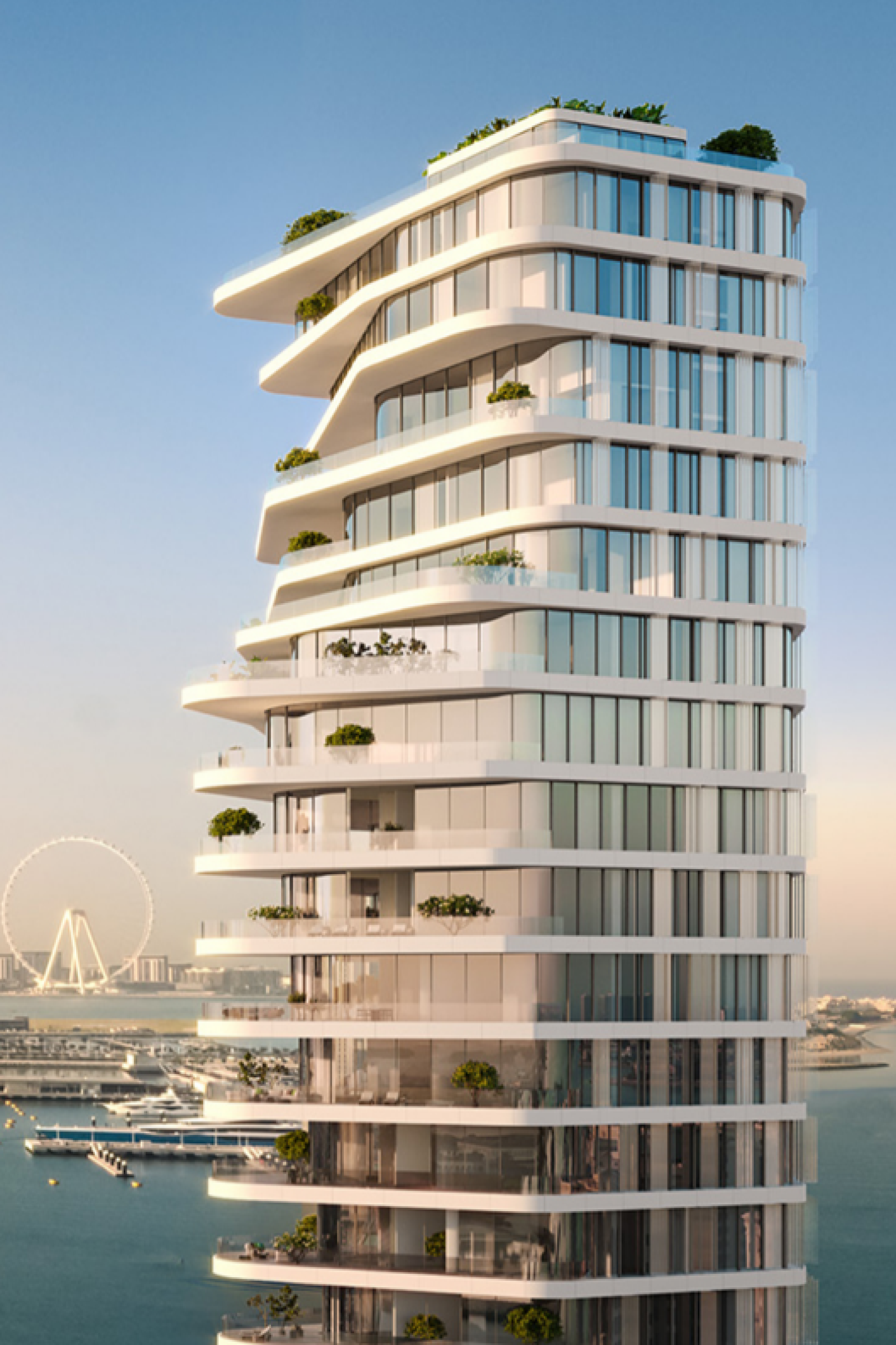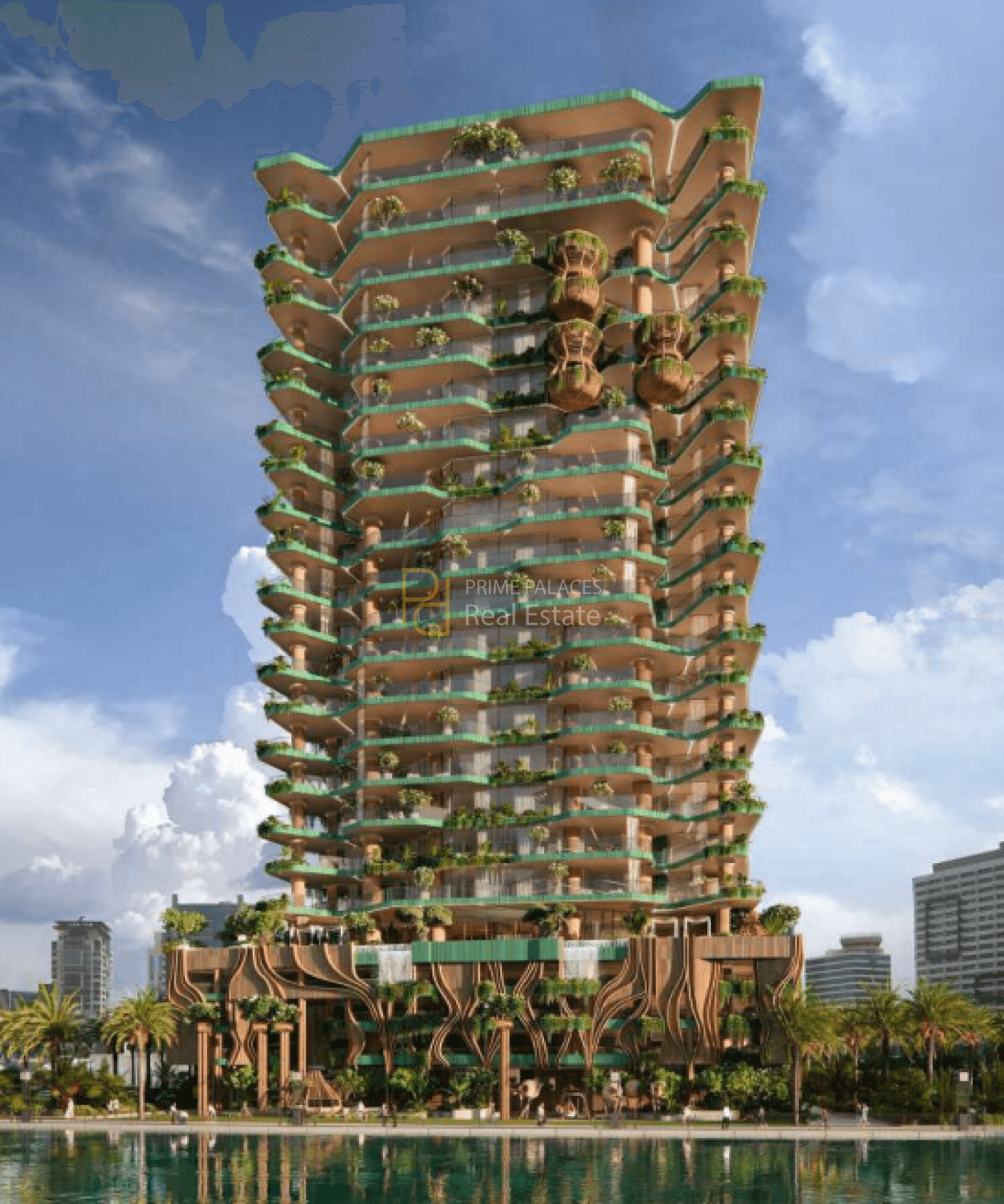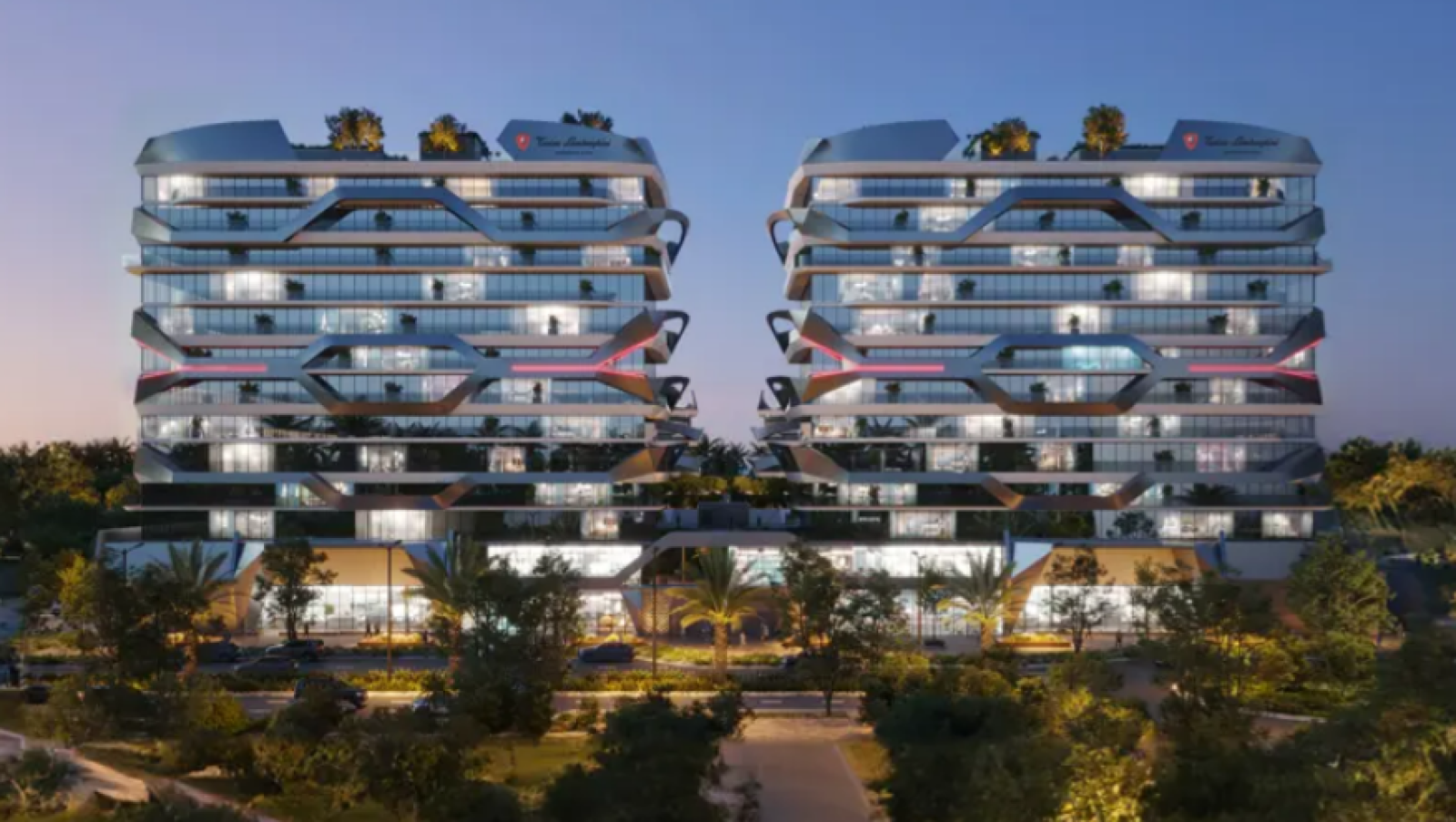UAE Real Estate Powers Ahead in 2025 Despite Global Economic Pressures
While the global economy grapples with uncertainty, the UAE real estate market continues to demonstrate remarkable strength in early 2025. According to CBRE’s latest quarterly review, both Dubai and Abu Dhabi have posted robust growth, fueled by population expansion, infrastructure investment, and diversified economic strategies.
Despite lower oil prices and persistent trade tensions, the UAE's economic resilience has helped its property sector maintain strong momentum across all verticals—from residential to commercial and industrial.
Dubai Residential Market: Population Growth Fuels Demand
Dubai’s real estate performance in Q1 2025 has been shaped largely by its surging population and an active development pipeline. Over 25,000 new residential units were launched, with a focus on both luxury waterfront locations and more affordable suburban communities.
However, actual project completions remain slow, resulting in an imbalance between supply and demand. As a result:
-
Apartment rents climbed nearly 11%
-
Villa rents increased by around 9%
-
Transactional property values rose by over 16% year-on-year
Sales volumes also hit new highs, with over 43,000 transactions recorded—driven by a 33% surge in off-plan transactions and a 5% increase in ready property sales. The total sales value reached AED 115 billion, with off-plan sales dominating at 69%.
Abu Dhabi Sees Steady Residential Gains
In the capital, the market remains buoyant, although off-plan activity has cooled. Demand from end-users and income-focused investors led to a 10% increase in ready property transactions, showing clear confidence in Abu Dhabi’s long-term growth.
Overall, property prices in Abu Dhabi have continued to rise, supported by stable economic conditions and an expanding non-oil economy.
Office Sector Under Supply Pressure
Dubai’s office market continues to experience an acute supply crunch. Only 100,000 sqm of new space is expected to be delivered in 2025—most of which is already pre-leased. Average occupancy has reached 94%, and rental rates have surged by more than 20% year-on-year, particularly in prime areas.
Similarly, Abu Dhabi's office sector remains exceptionally tight, with 96% average occupancy and year-on-year rent increases of 13%, driven by demand from government-backed and private sector expansion.
Hospitality Sector Rebounds on Tourism Growth
Dubai and Abu Dhabi's hospitality sectors recorded around a 4% increase in visitor numbers compared to Q1 2024. Hotel occupancy rates remained strong, and average RevPAR improved in Abu Dhabi, signaling solid returns in the travel and accommodation industry.
This growth is supported by recent hotel openings and the UAE’s positioning as a luxury destination for regional and international travelers.
Industrial Market Strengthens on Logistics and Trade
The UAE’s industrial real estate market continues to thrive, driven by its trade-centric economy. In Q1 2025:
-
Dubai’s warehouse rents surged by over 20%
-
Abu Dhabi recorded a 14% increase, led by demand in key logistics hubs like KEZAD
These gains reflect the sector’s fundamental strength and alignment with national goals to expand non-oil exports and streamline logistics.
Policy Reforms Boost Investor Confidence
Recent government initiatives—including Resolution No. 11 of 2025—are creating a more investor-friendly environment. This regulation allows free zone companies to operate in mainland Dubai without giving up their free zone status (except for DIFC), boosting competitiveness and encouraging more foreign direct investment.
As the government aims to double Dubai’s economy to AED 32 trillion over the next decade, these steps are pivotal in sustaining long-term real estate growth.
Conclusion
The first quarter of 2025 confirms that the UAE real estate market is not only resilient but evolving. Dubai and Abu Dhabi are delivering strong results across all property types, thanks to bold policy decisions, sustained demand, and a clear economic diversification strategy. While external pressures exist, local fundamentals remain deeply supportive.
For investors, the outlook remains promising across off-plan property in Dubai, commercial leasing, logistics hubs, and hospitality ventures. As population growth accelerates and supply tightens, the UAE continues to present one of the most attractive property investment landscapes globally.

